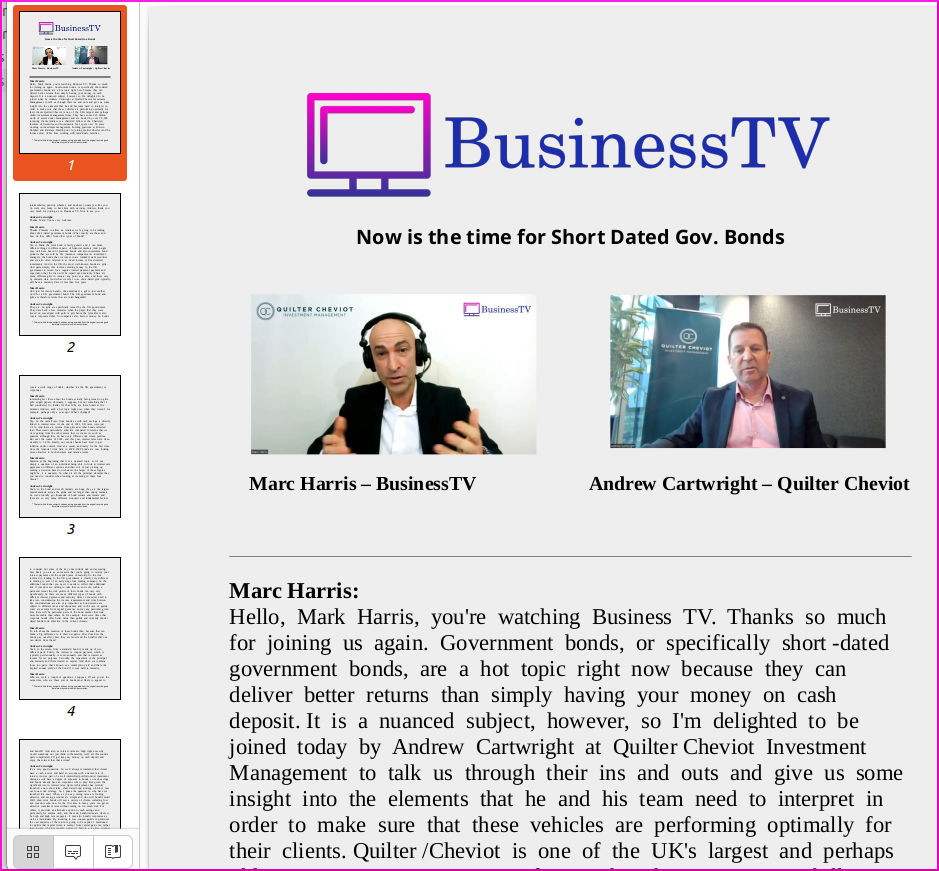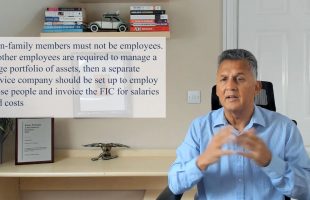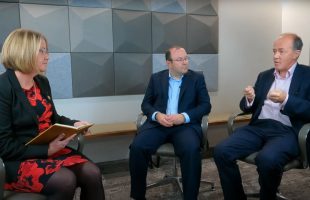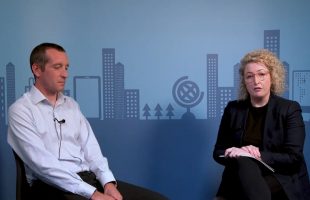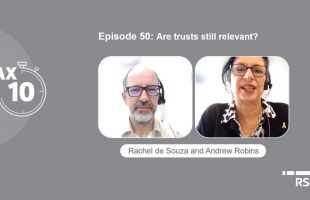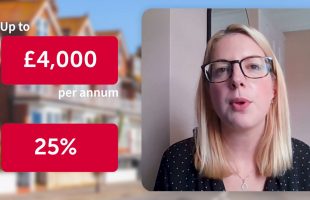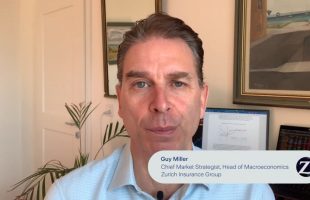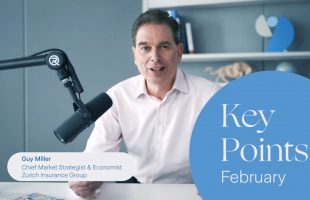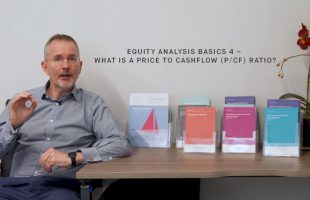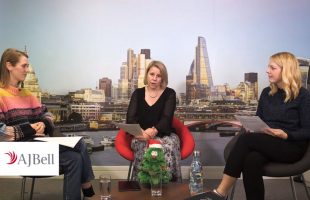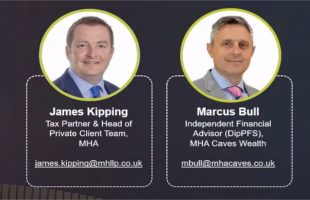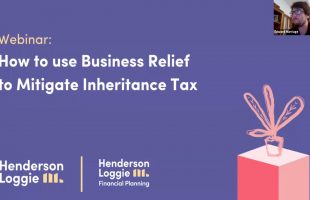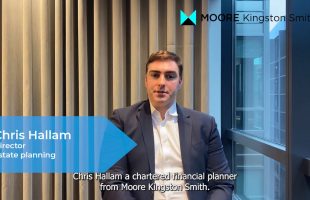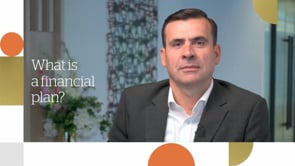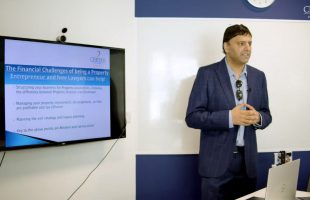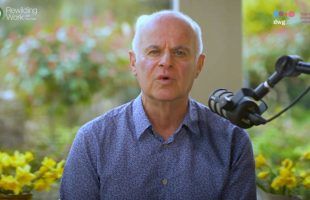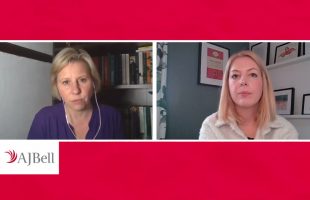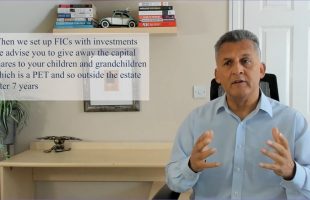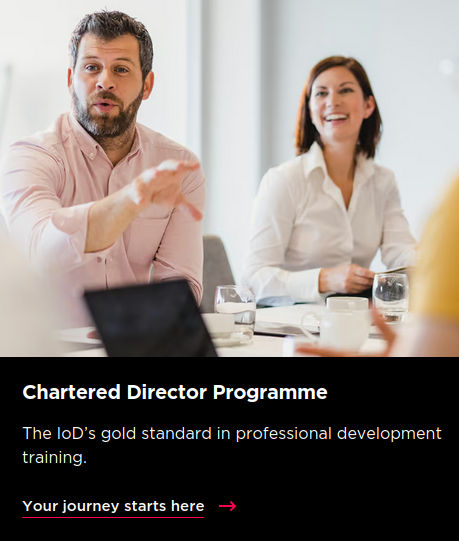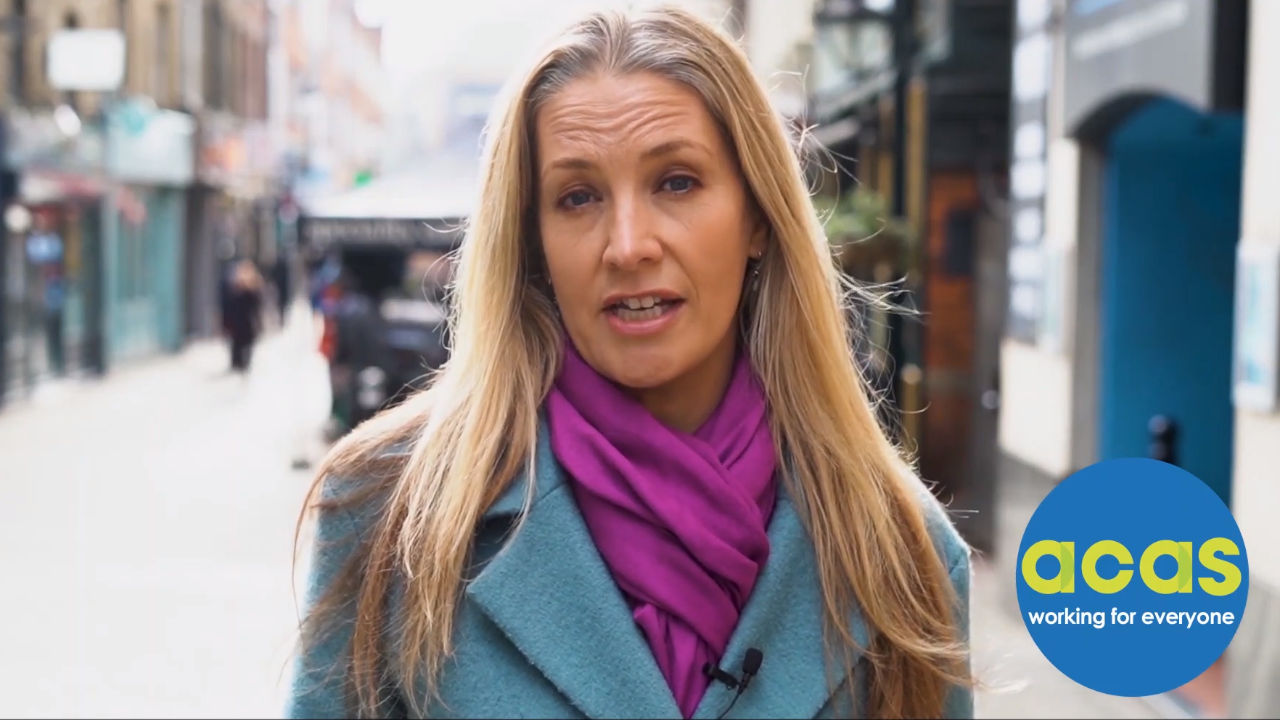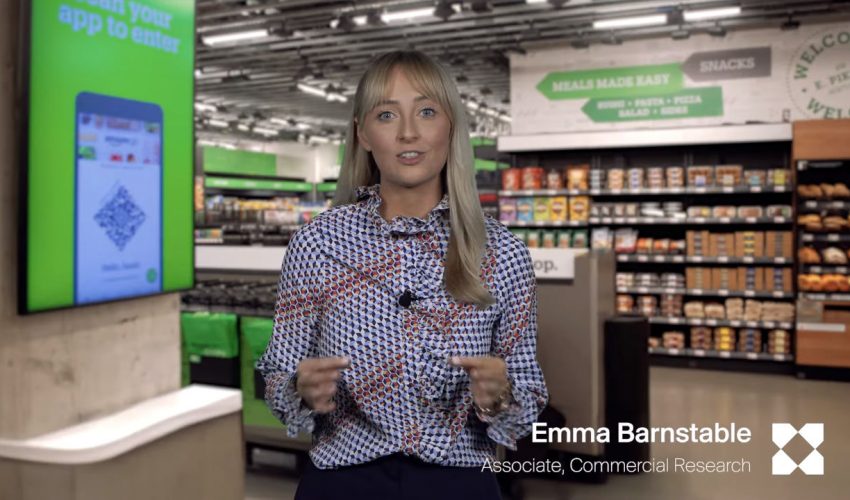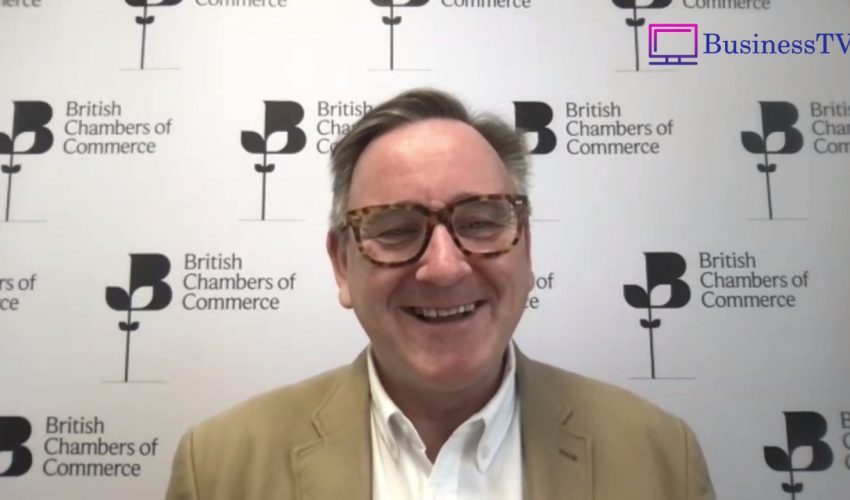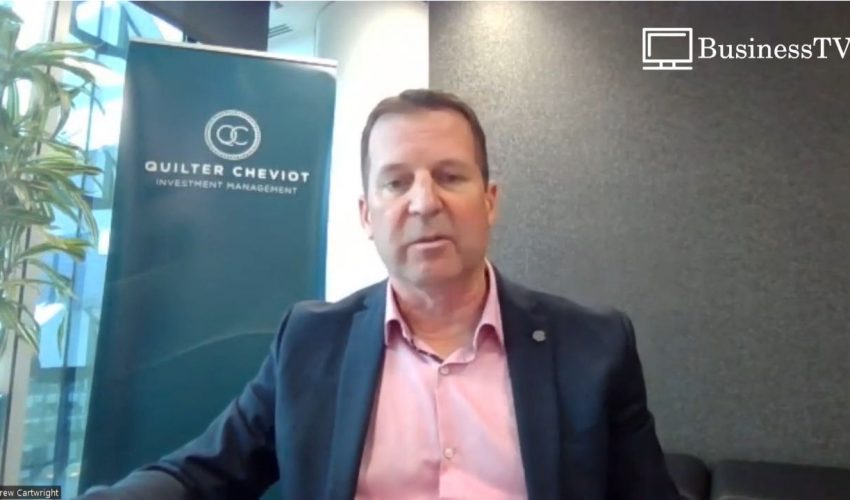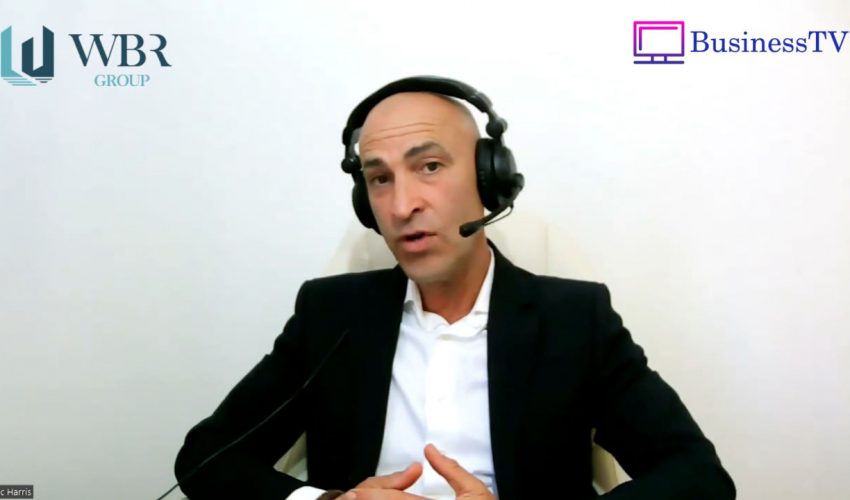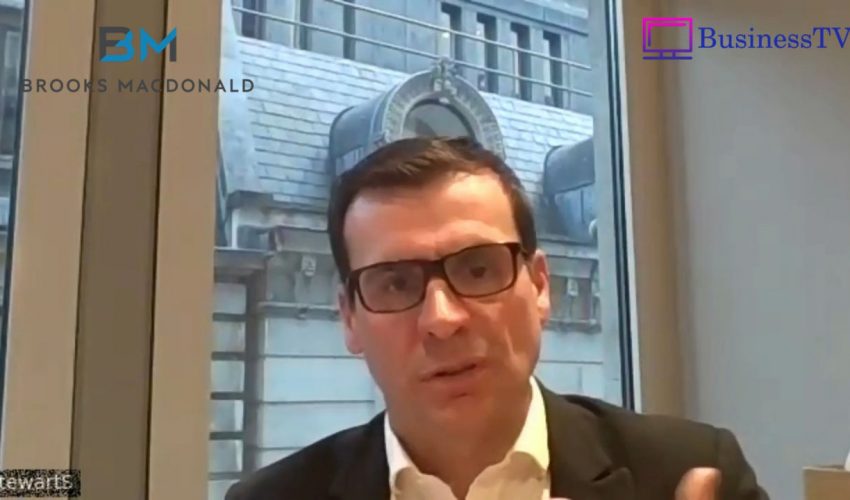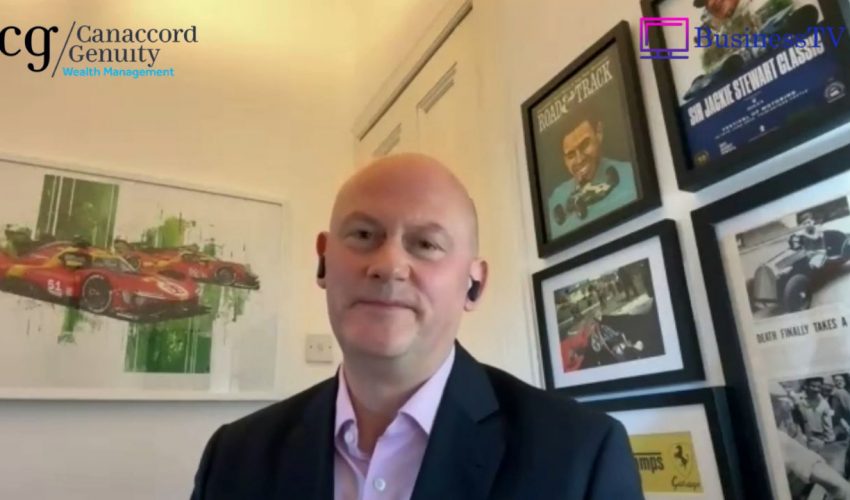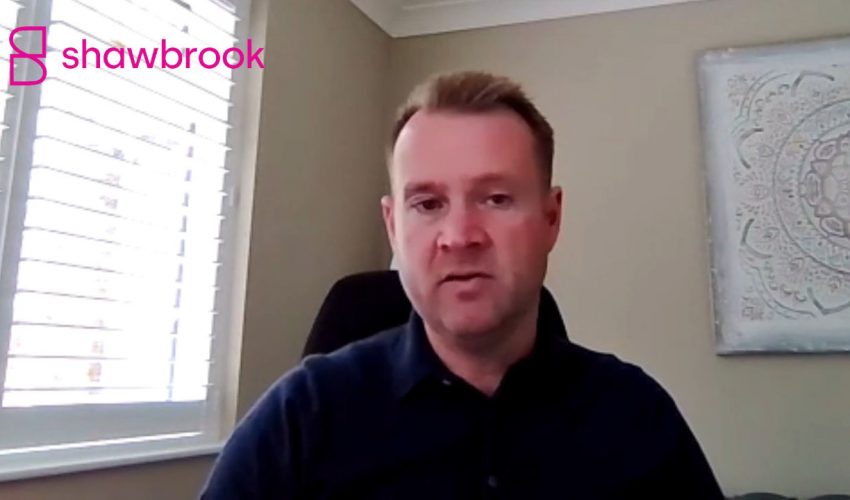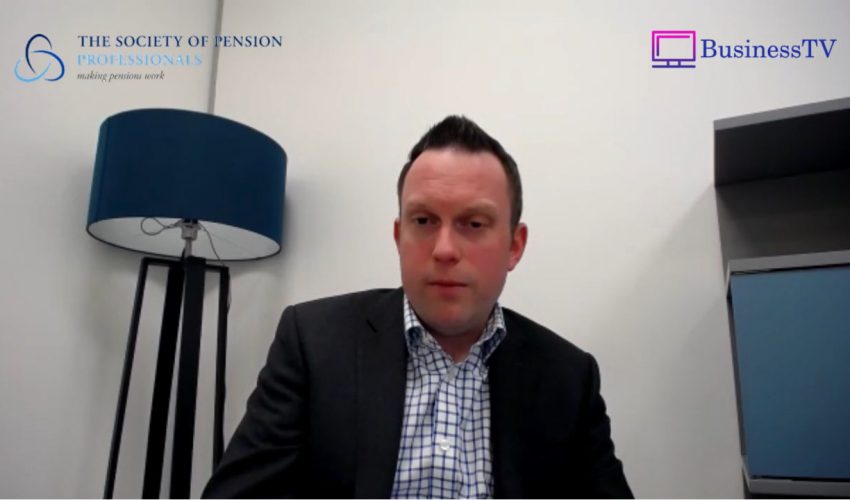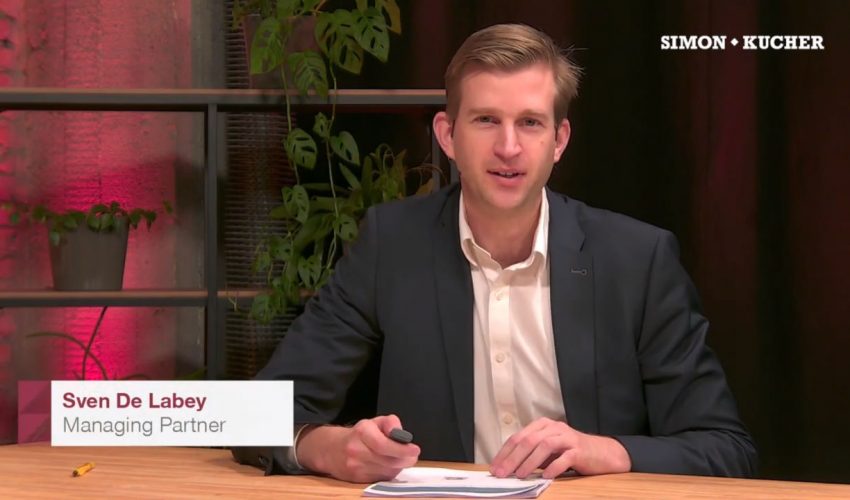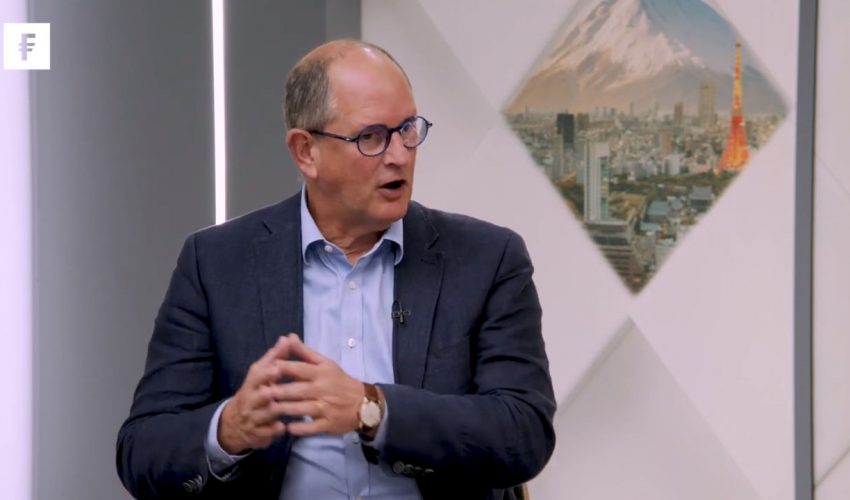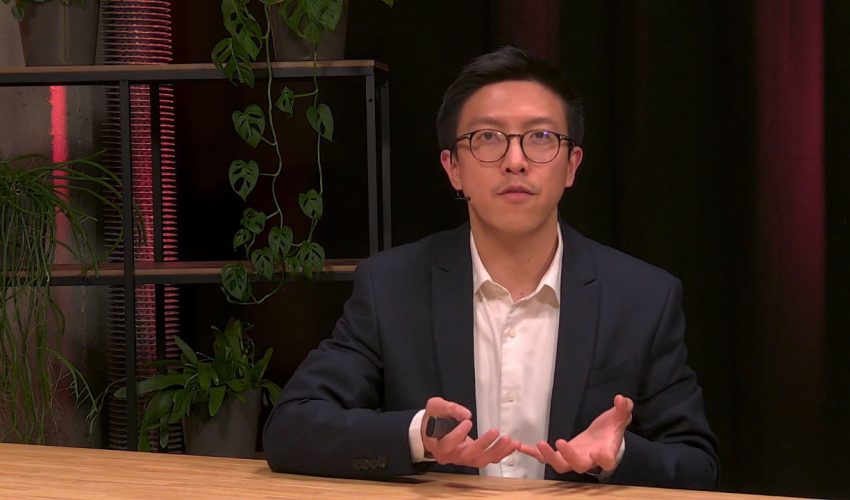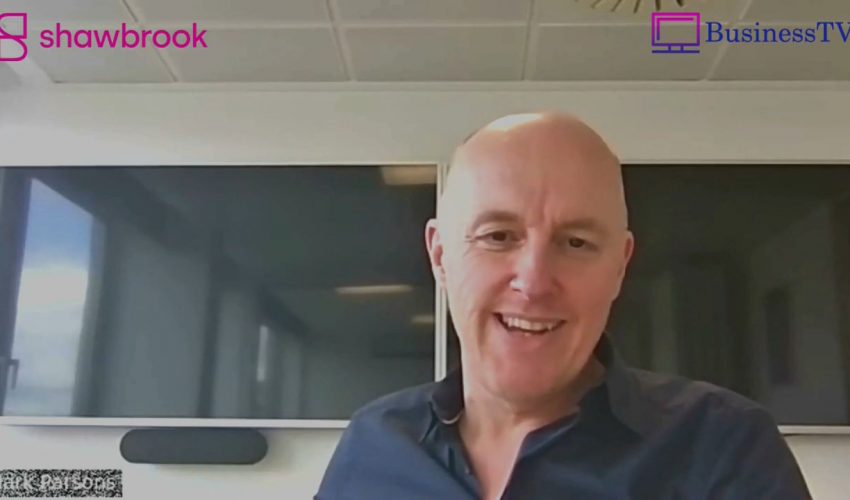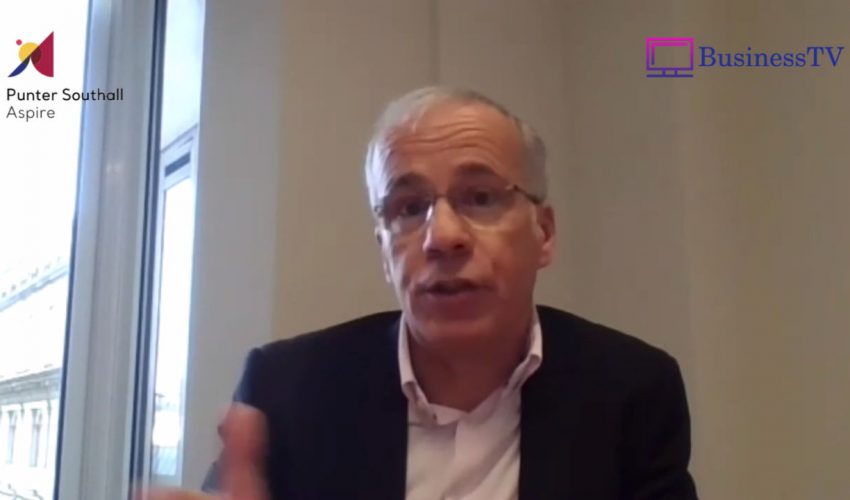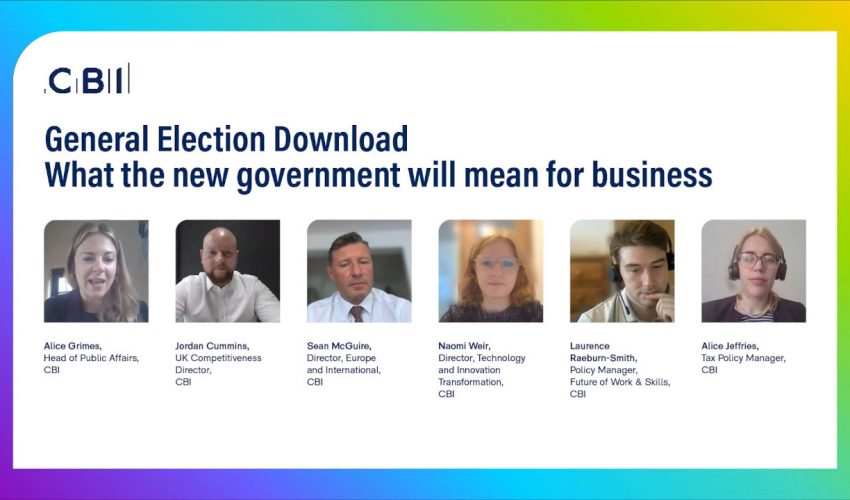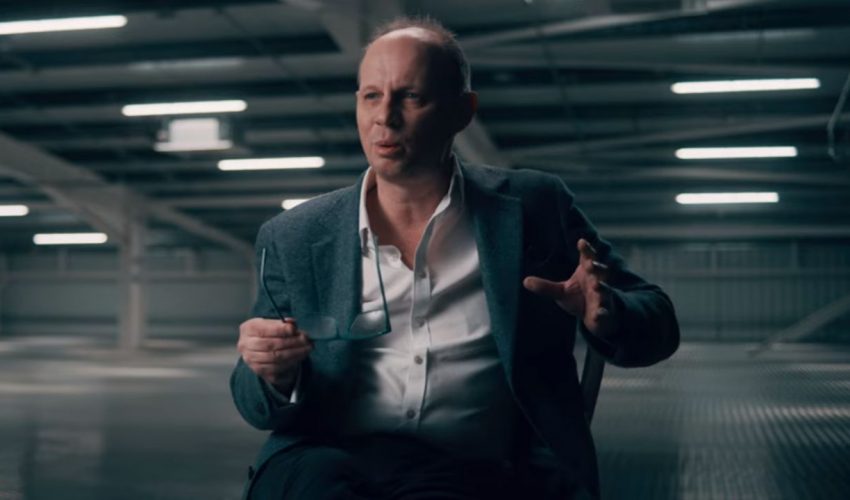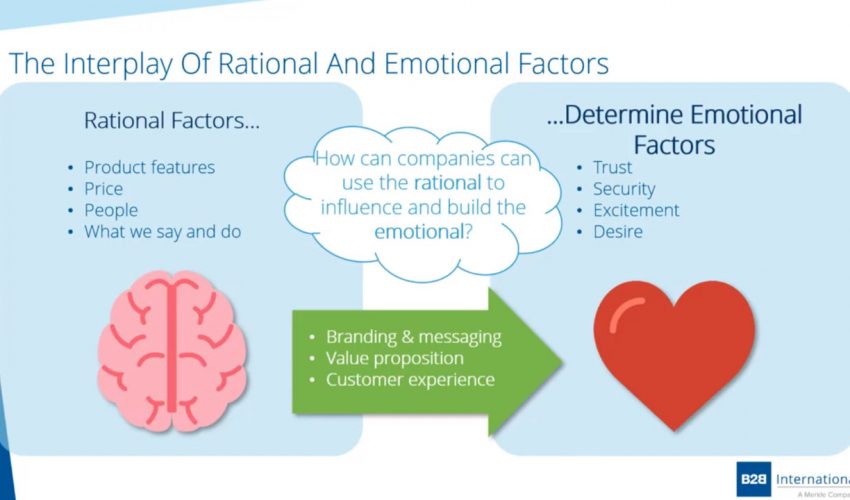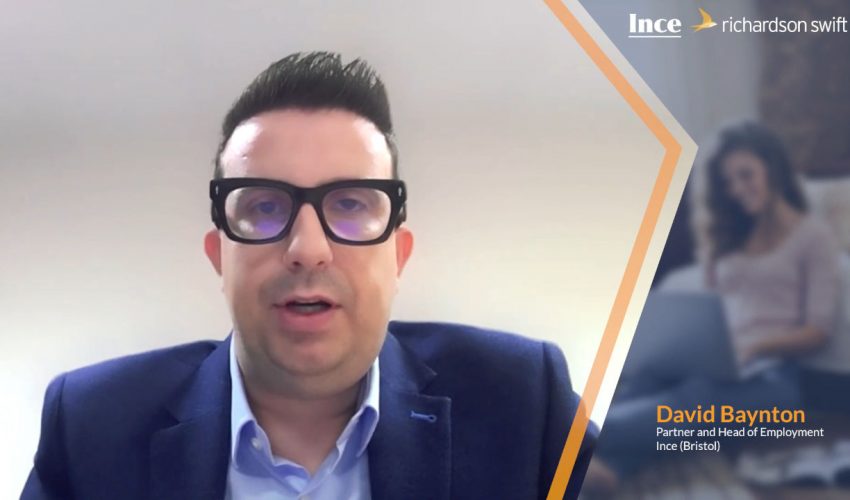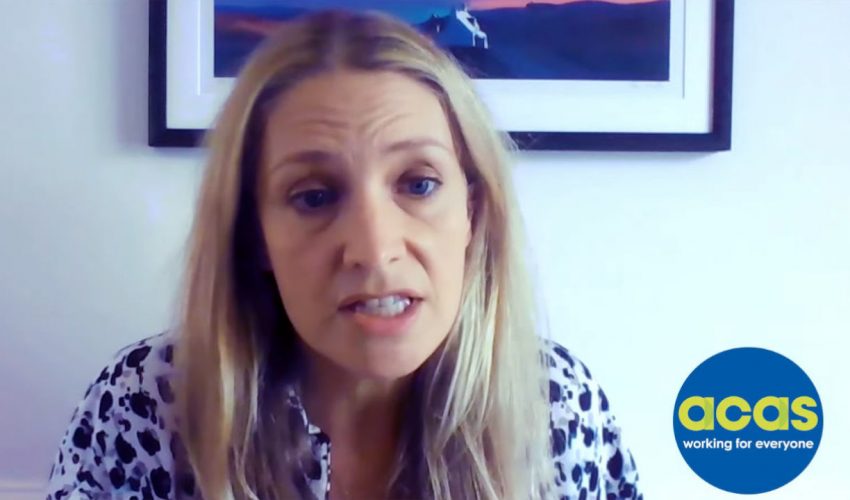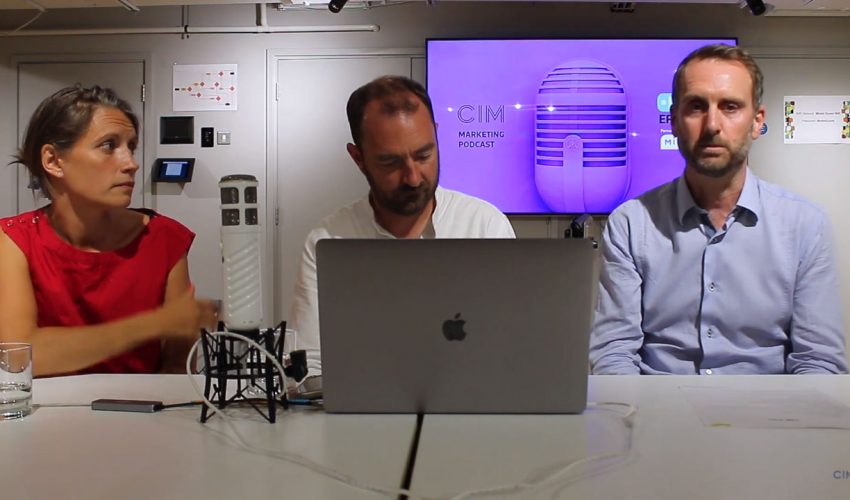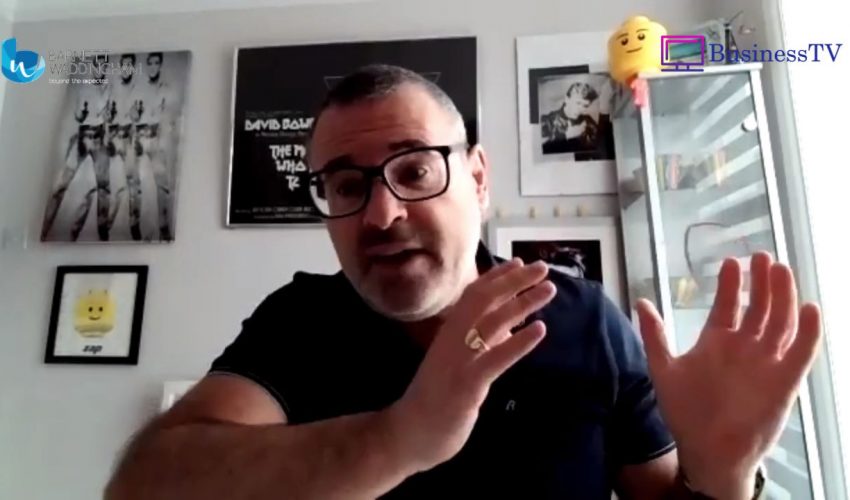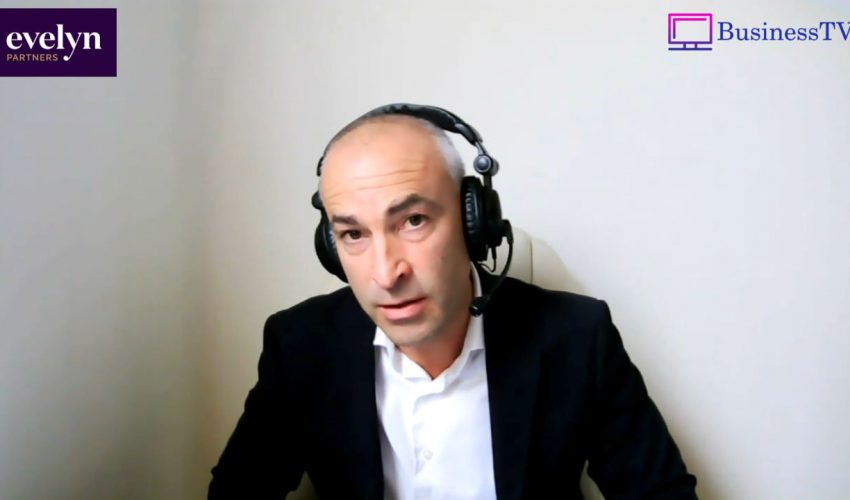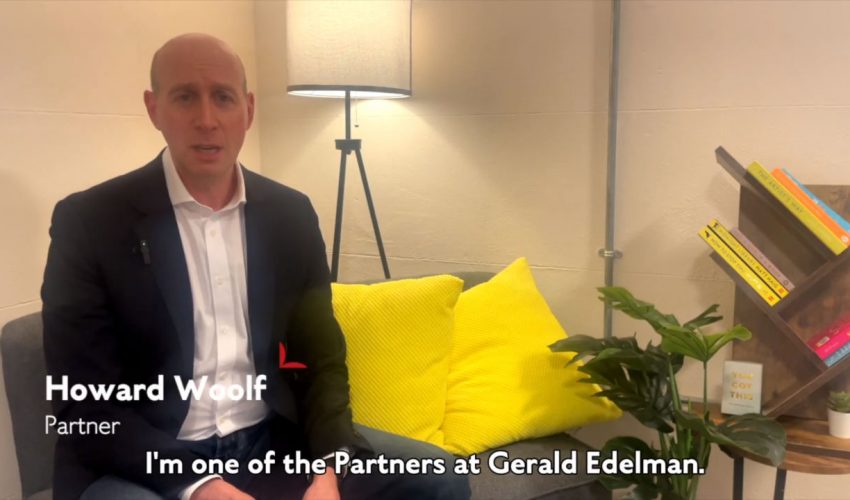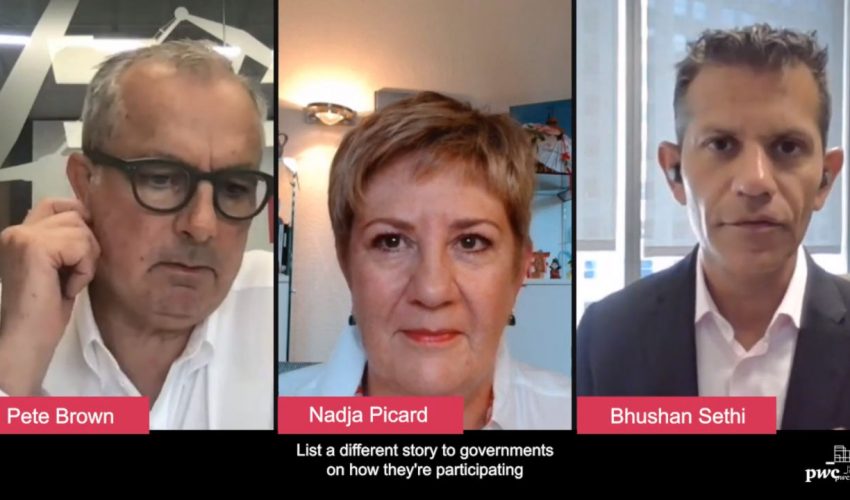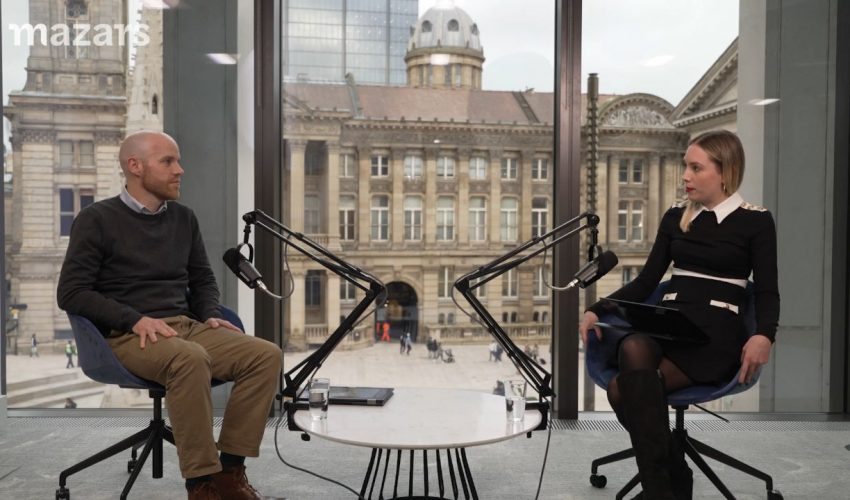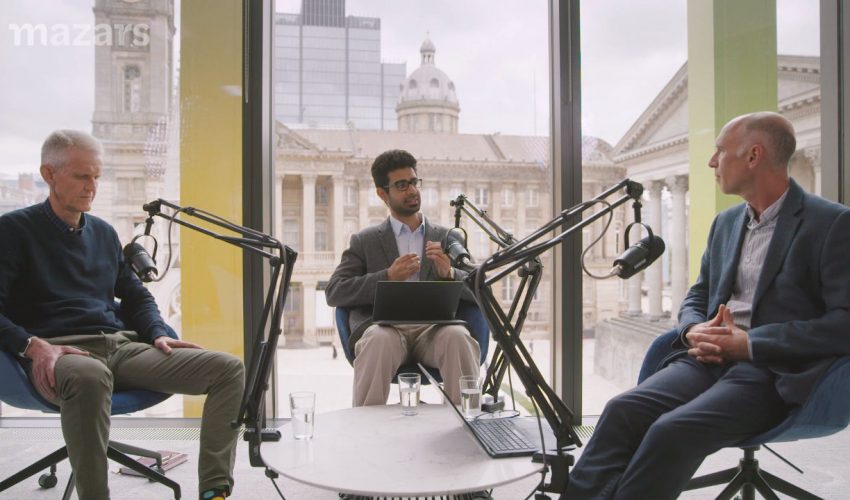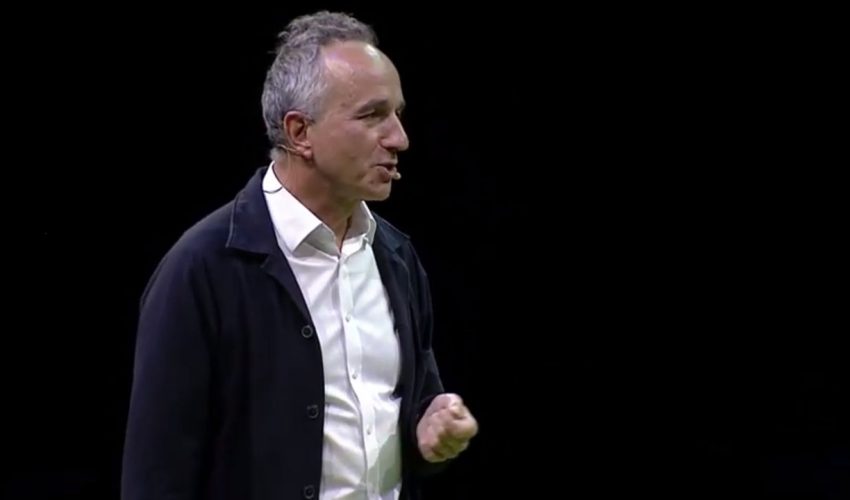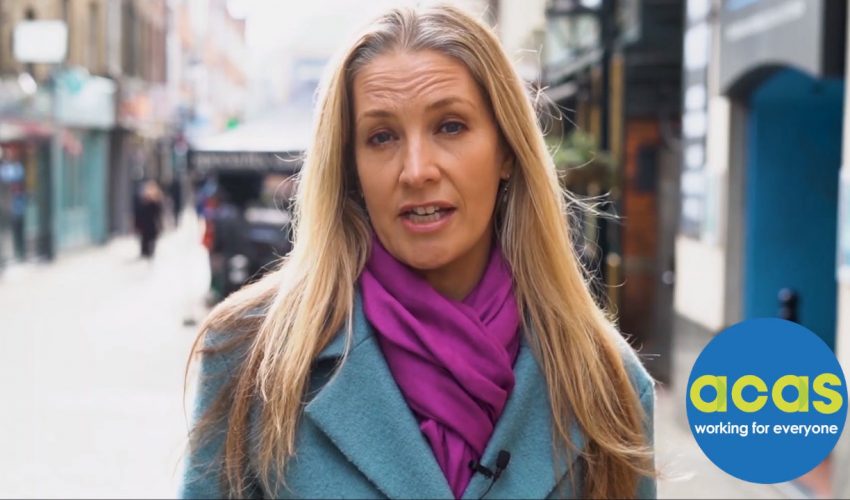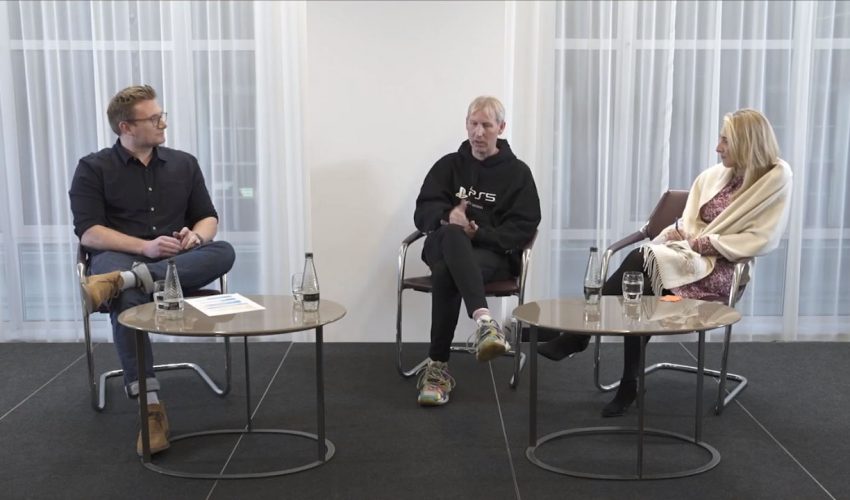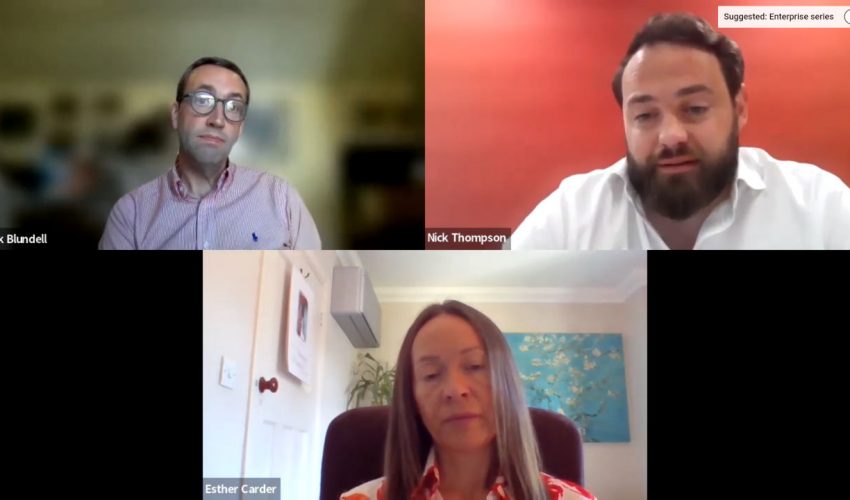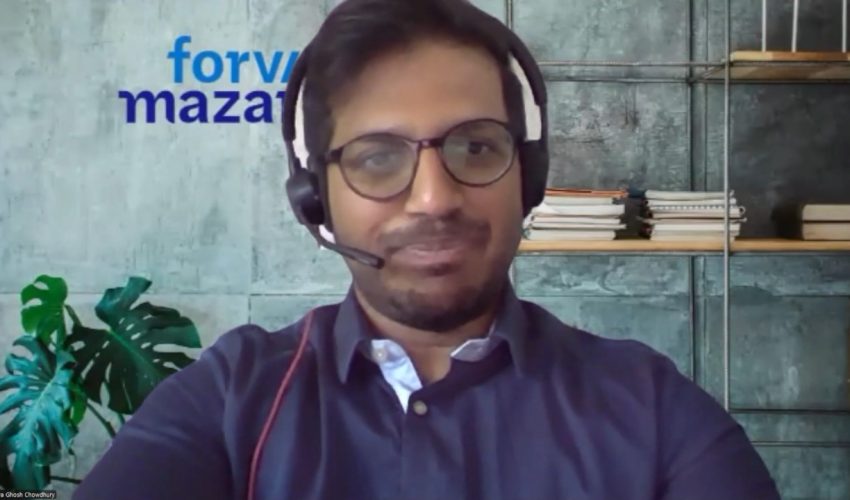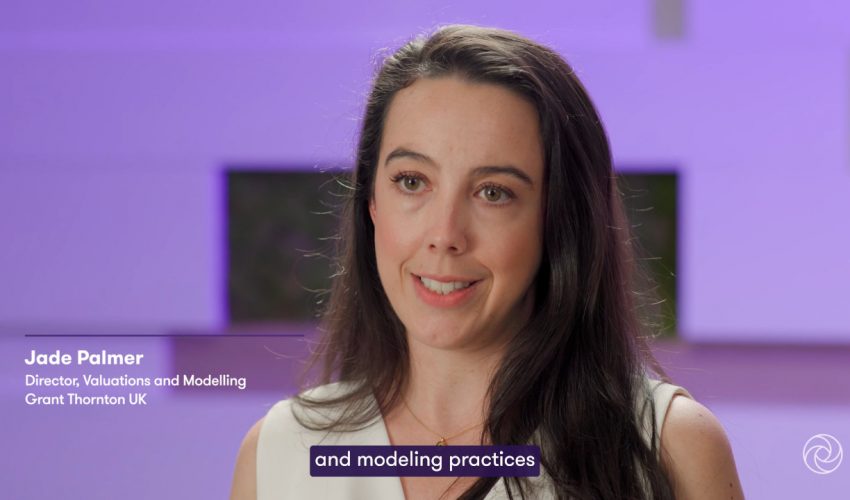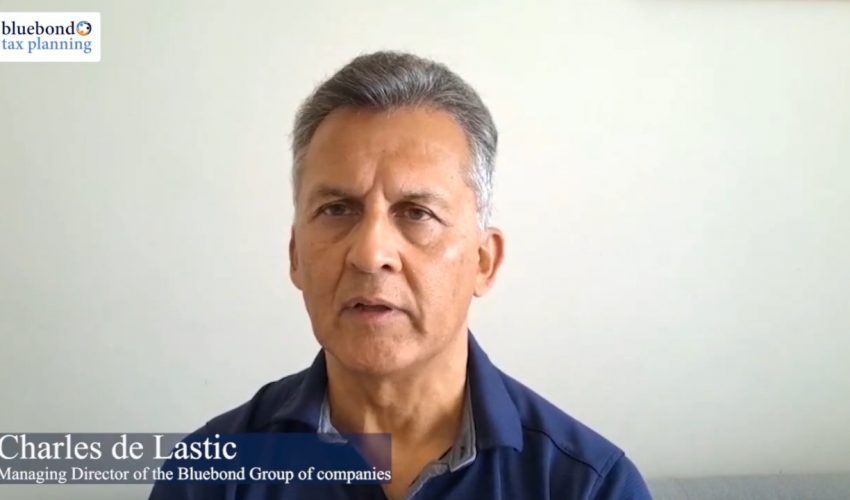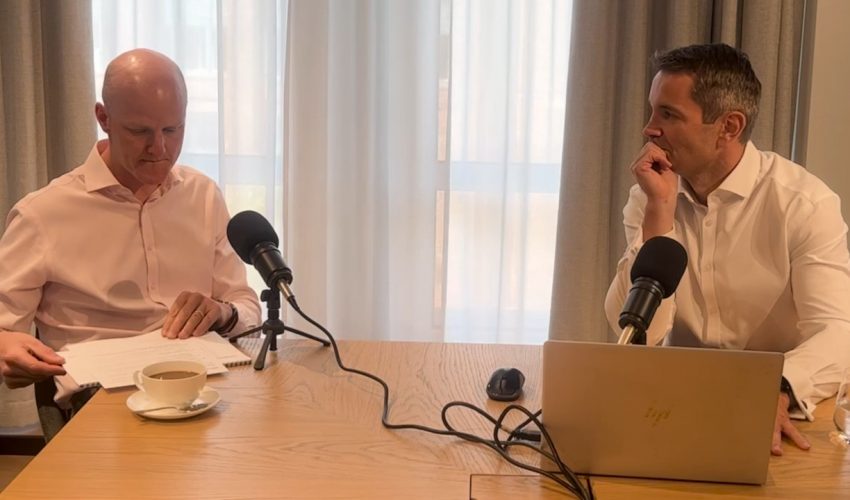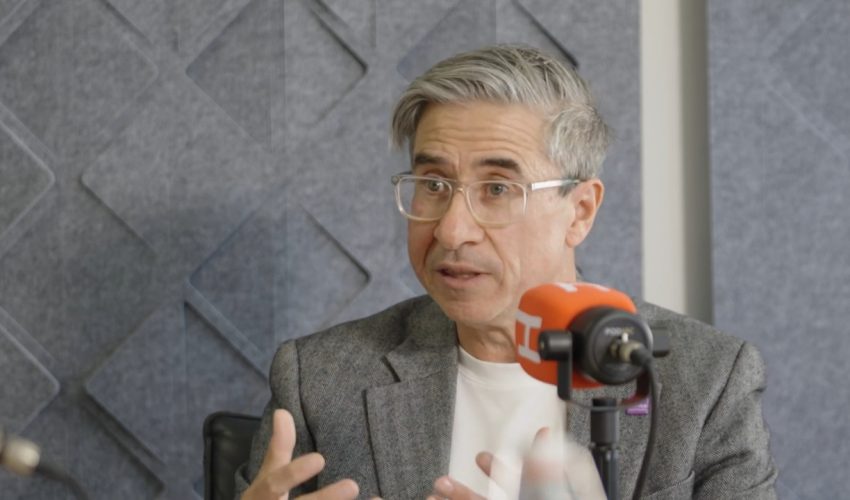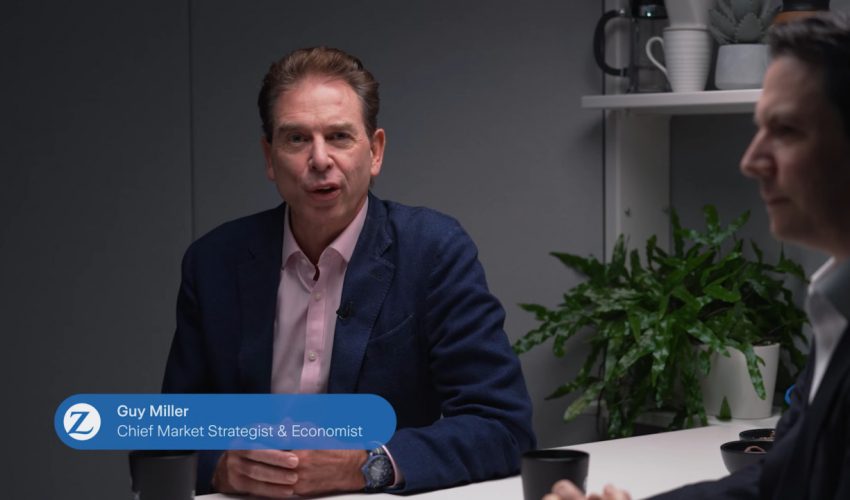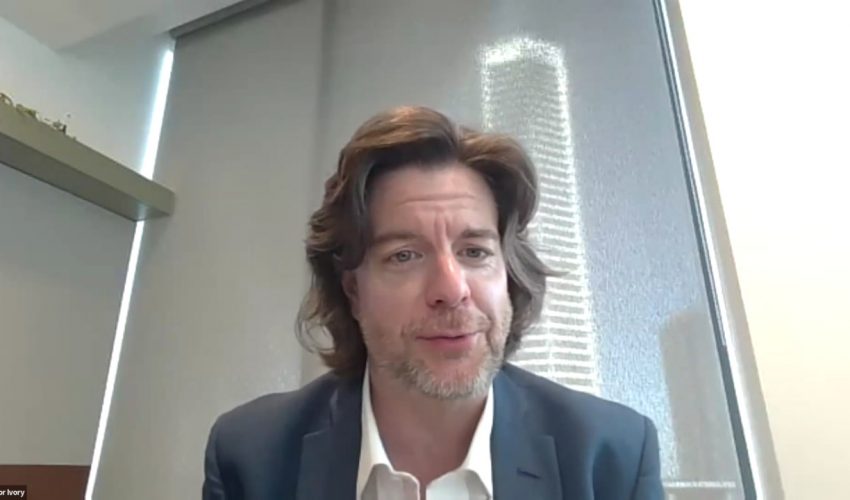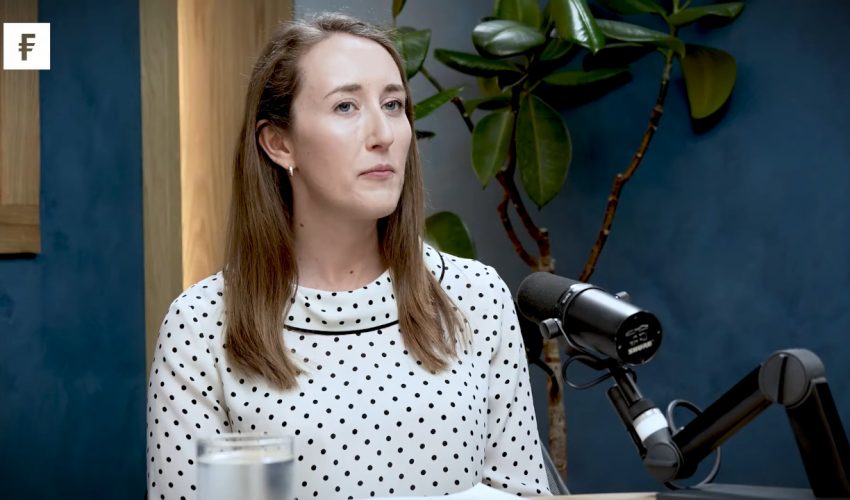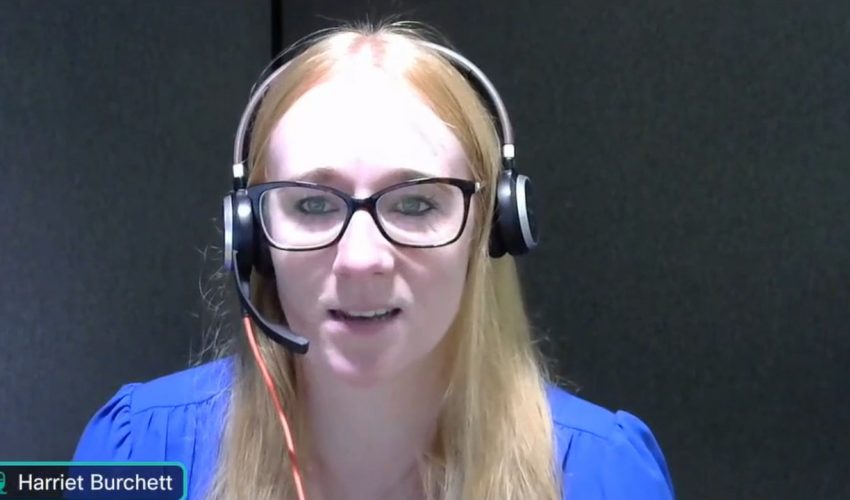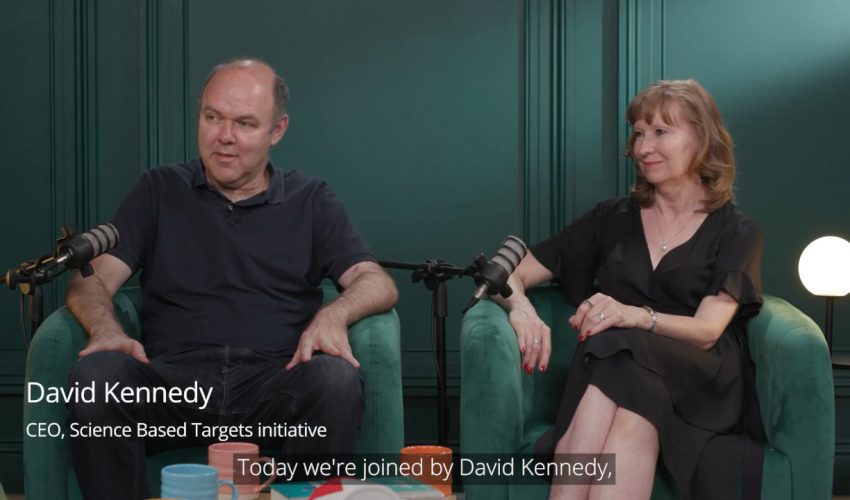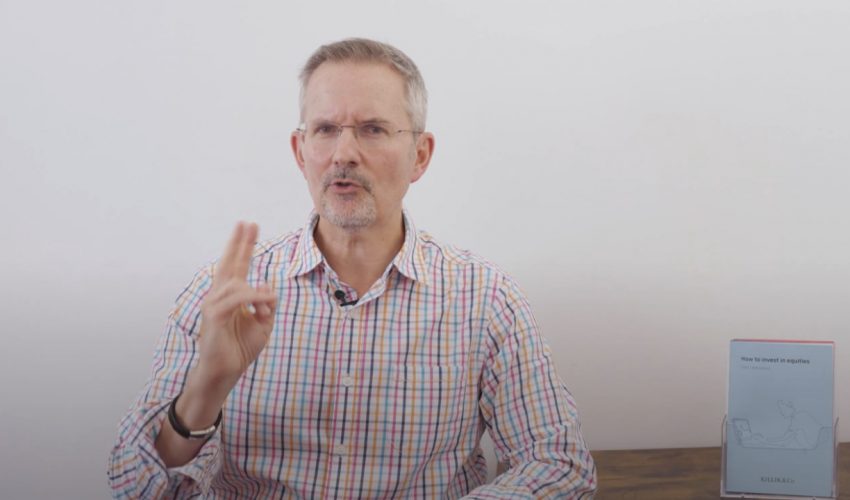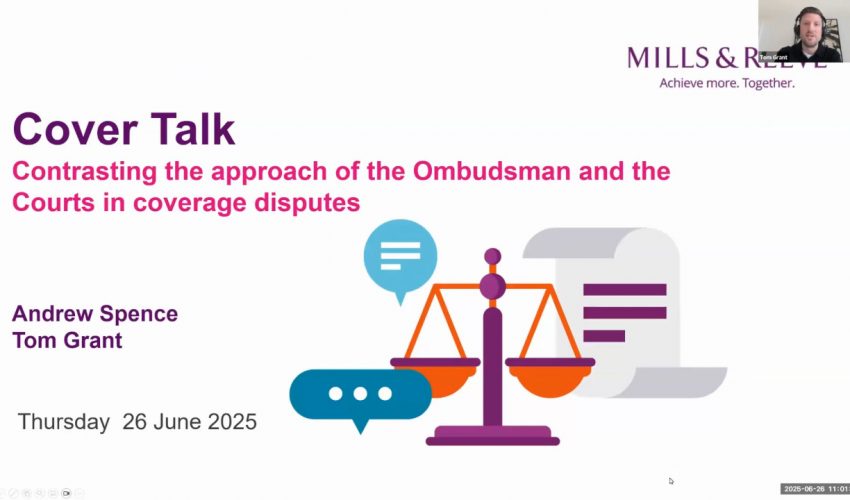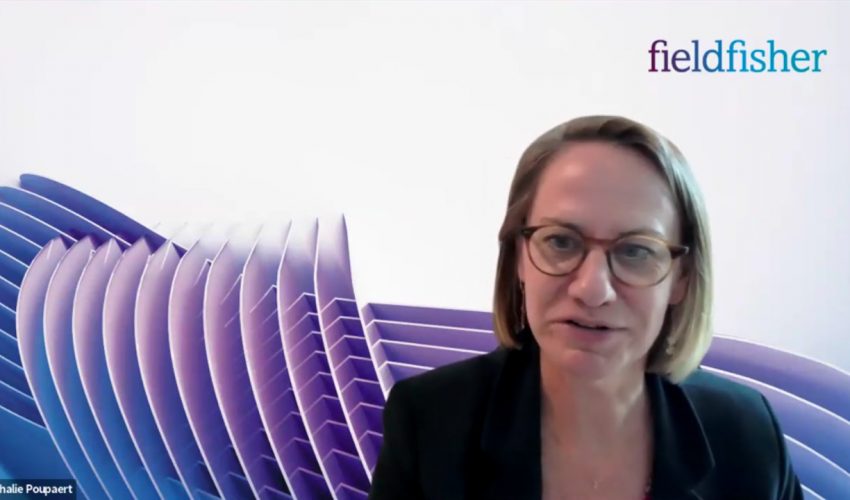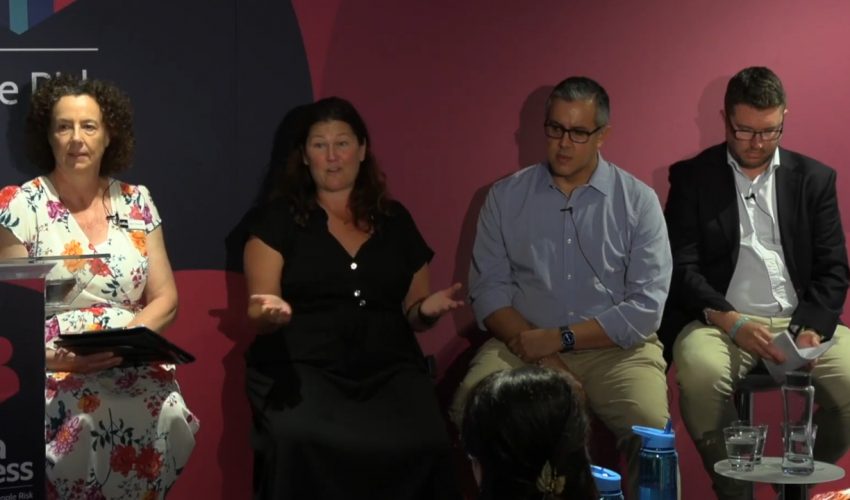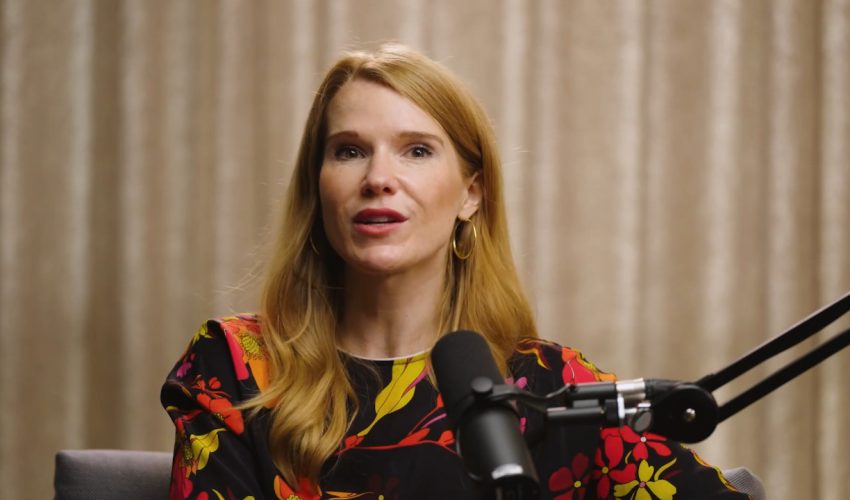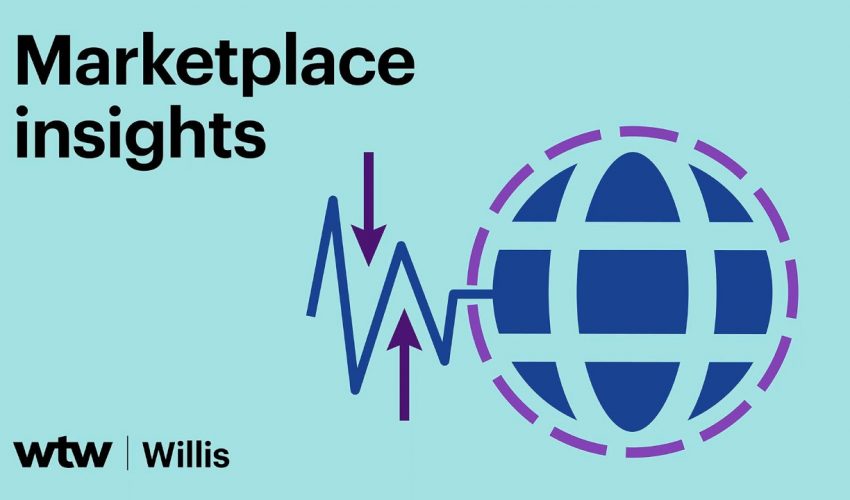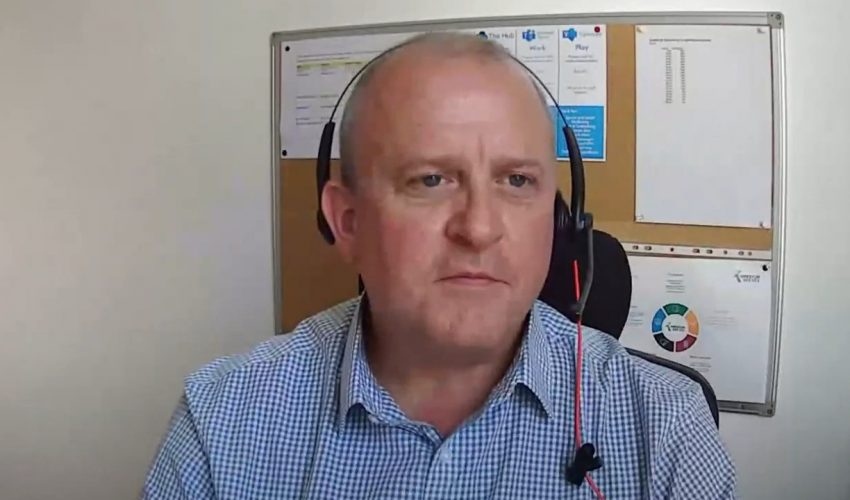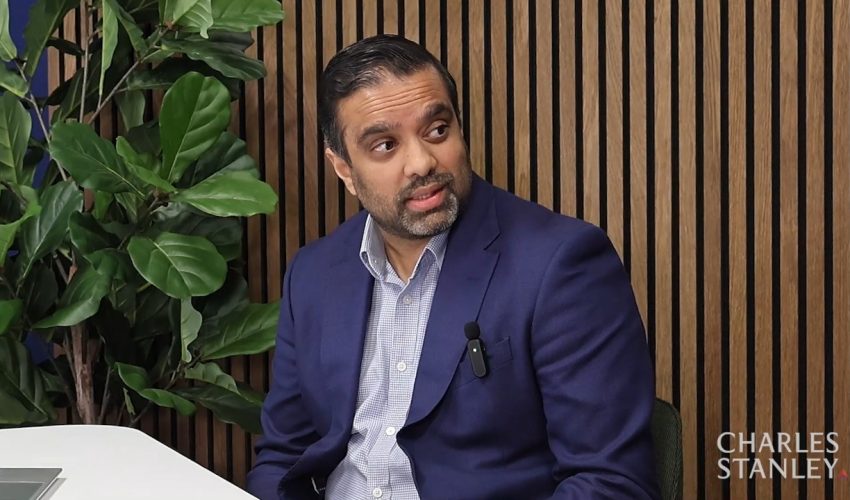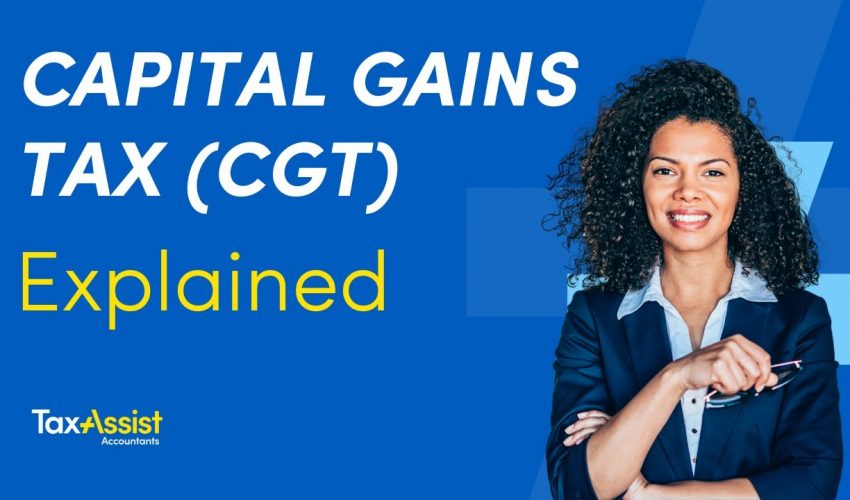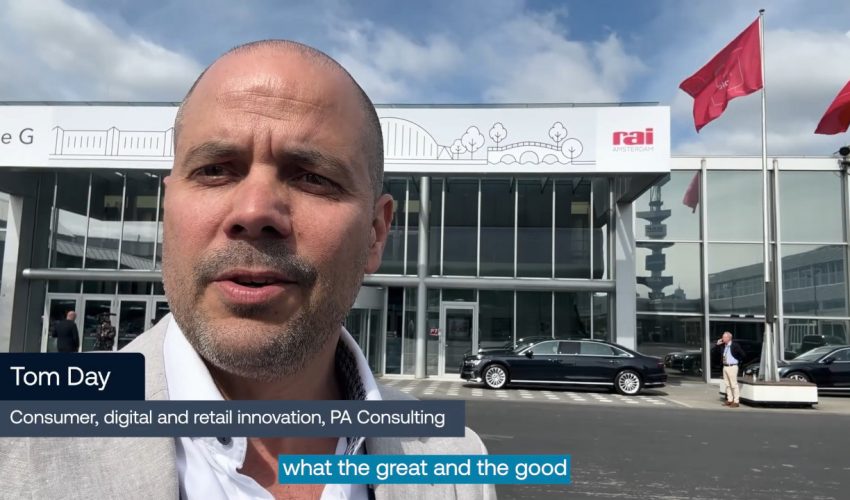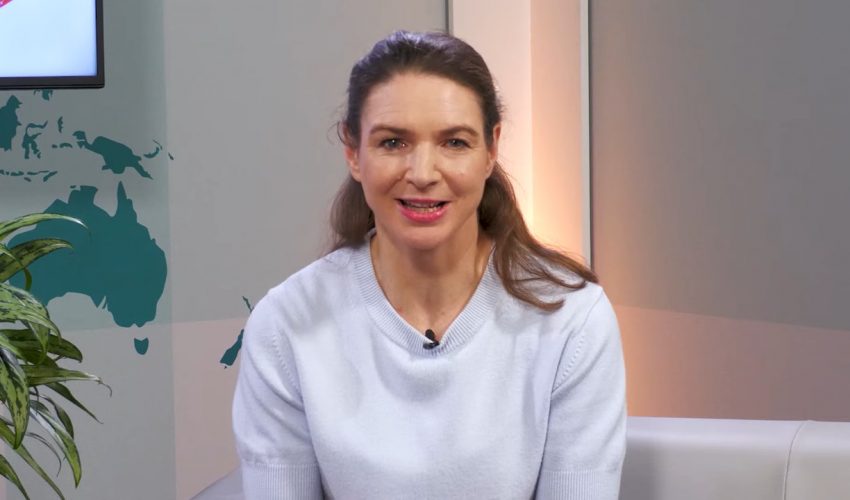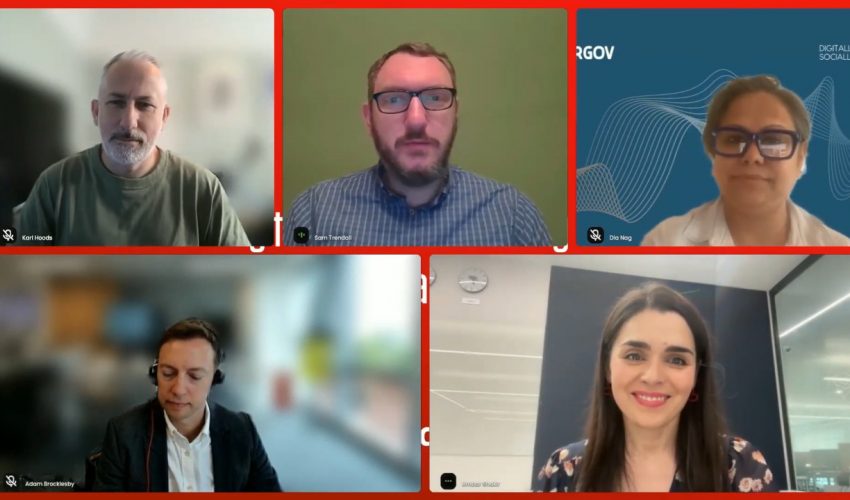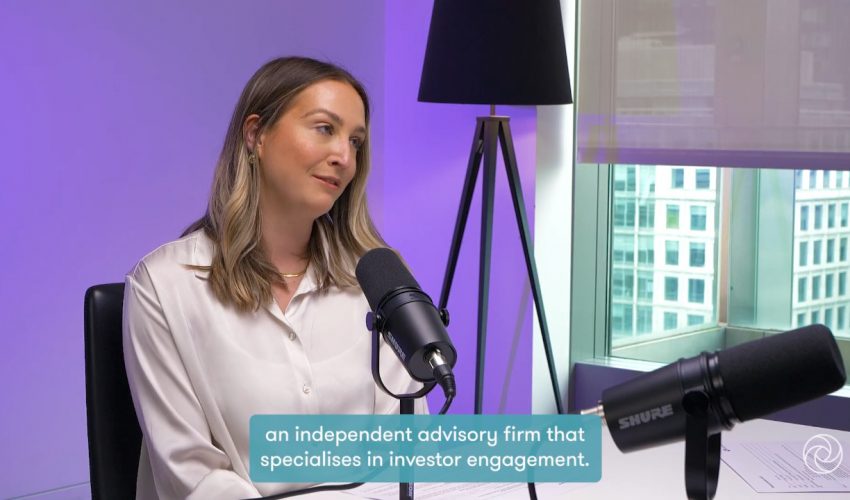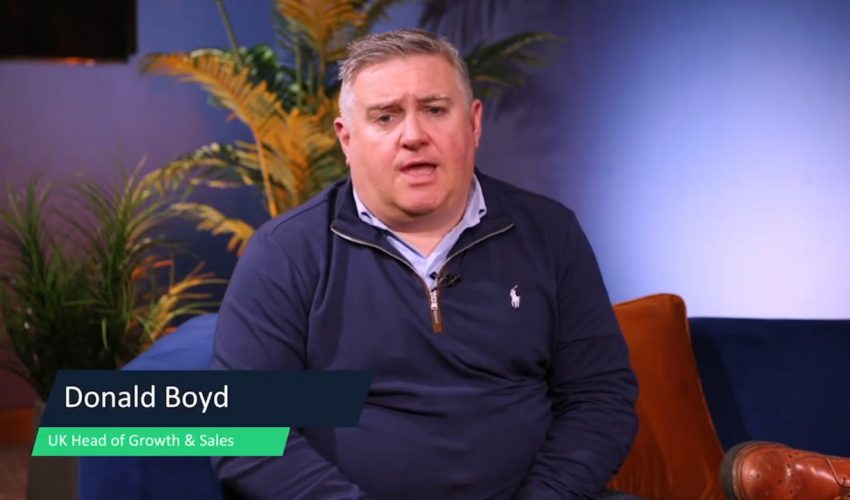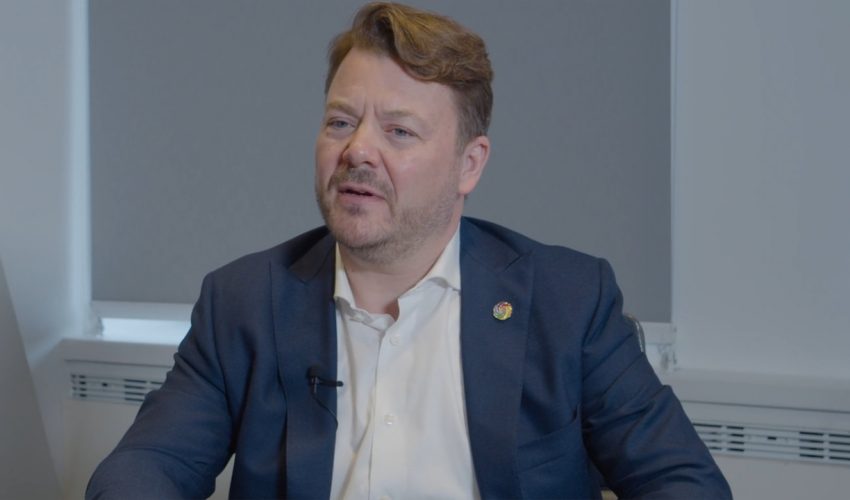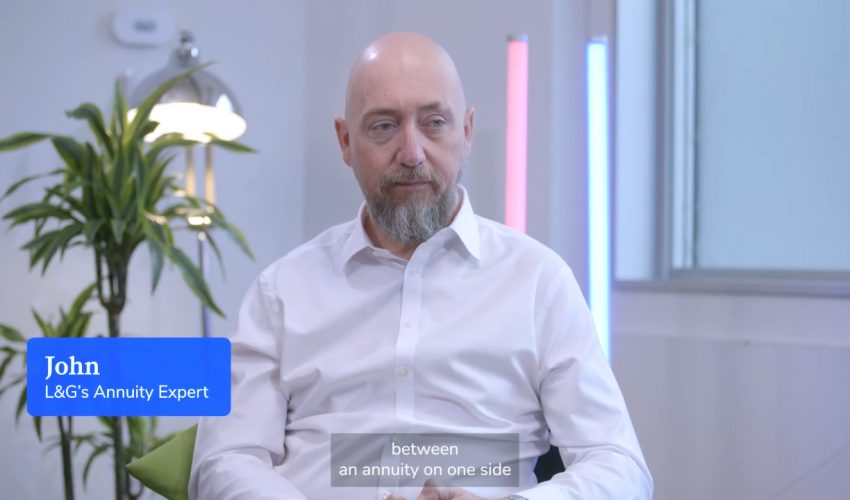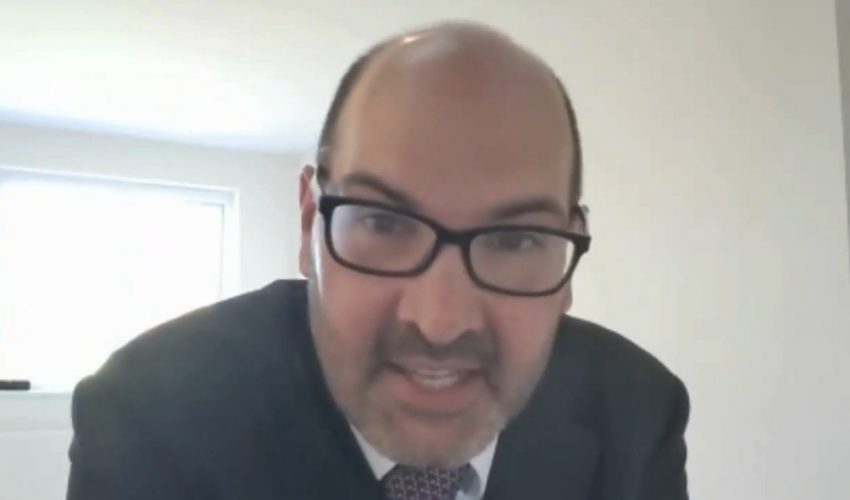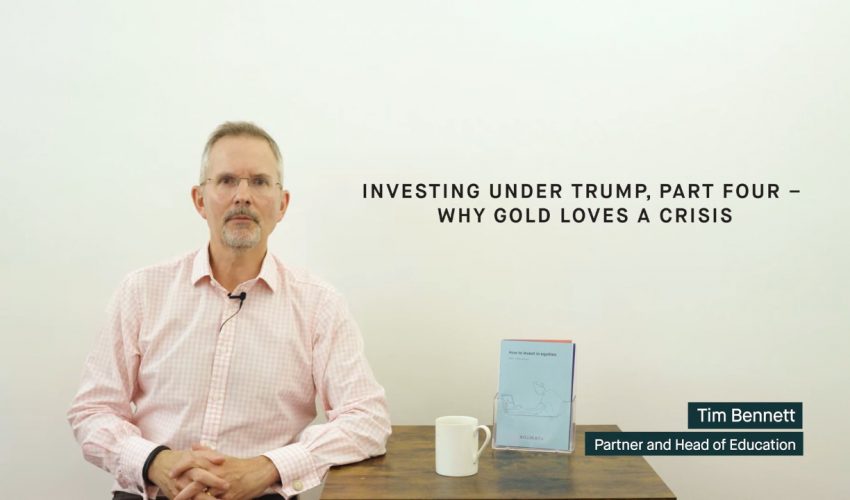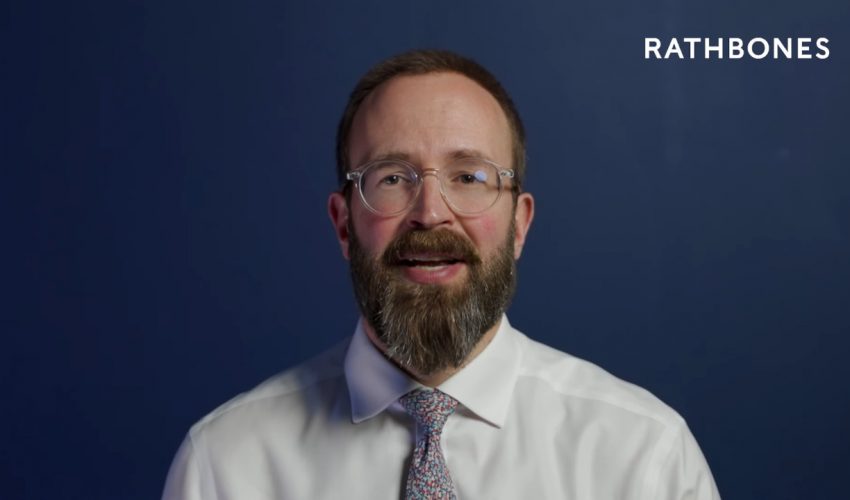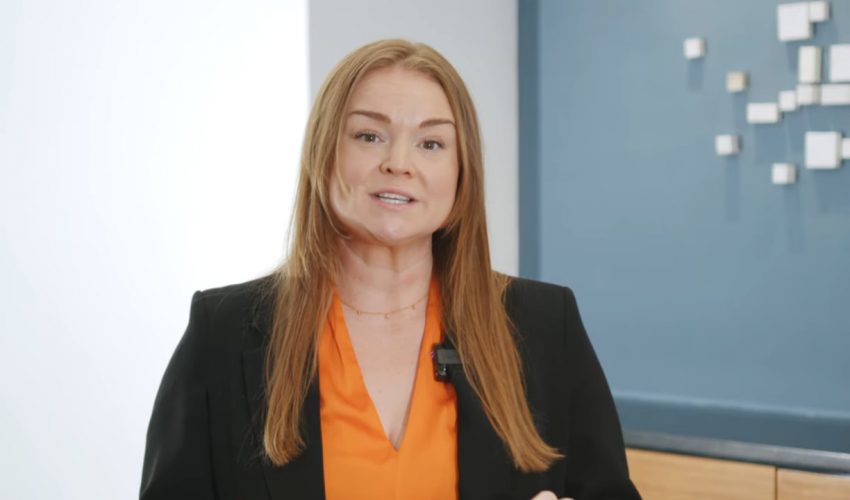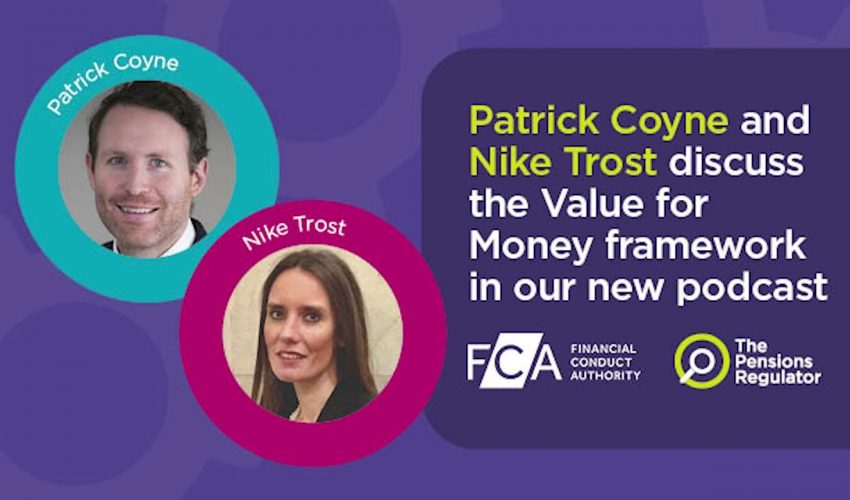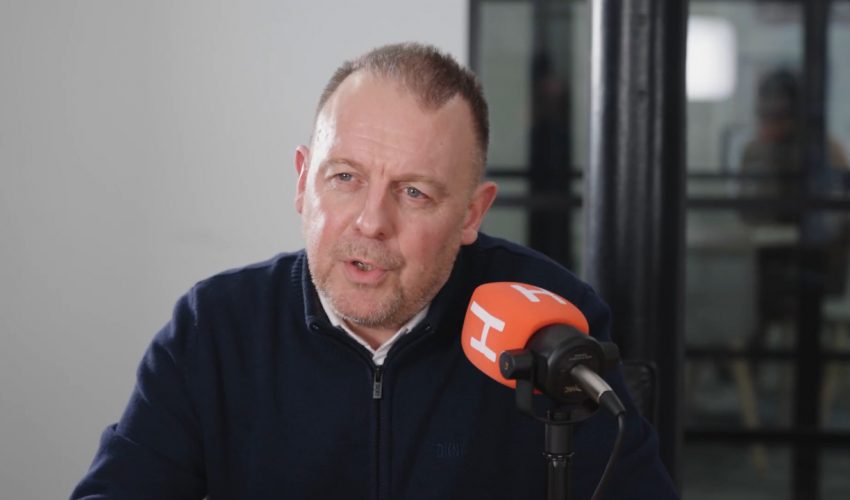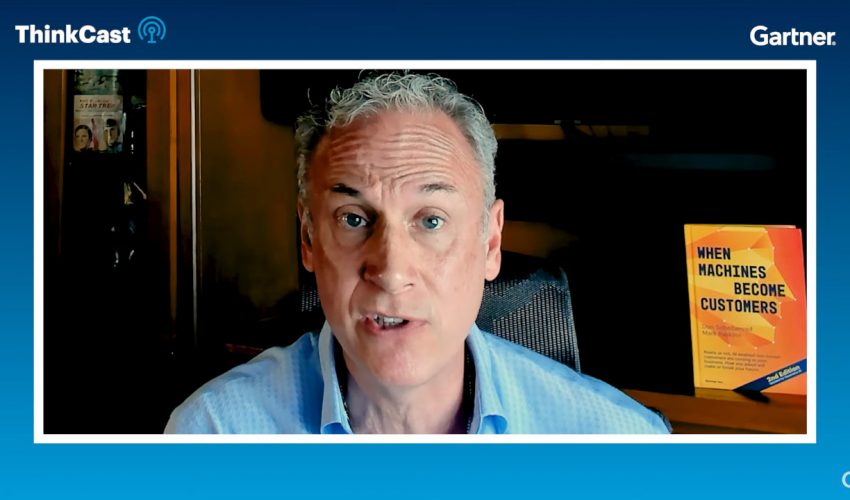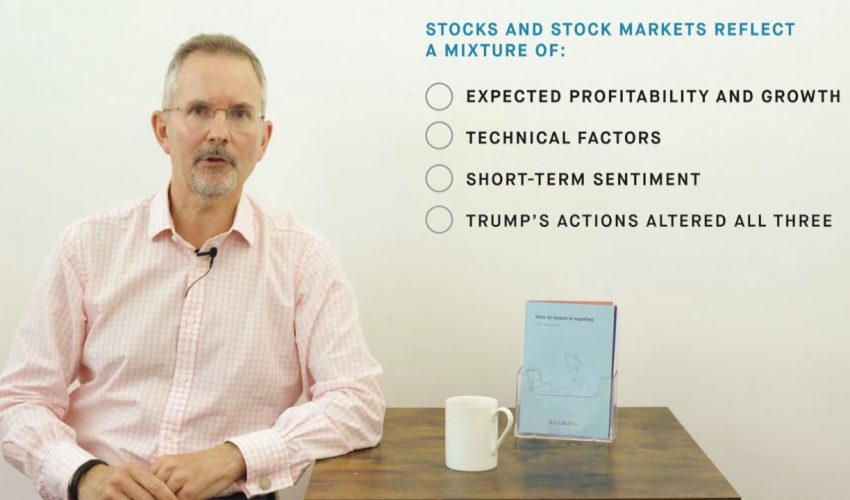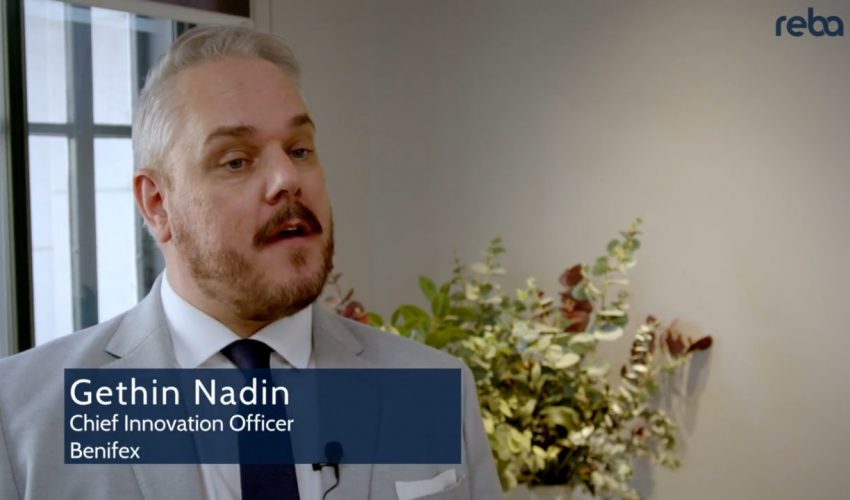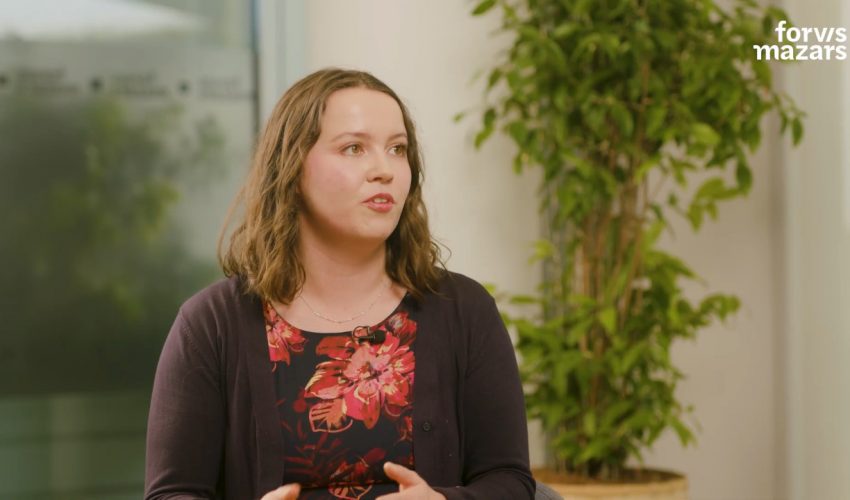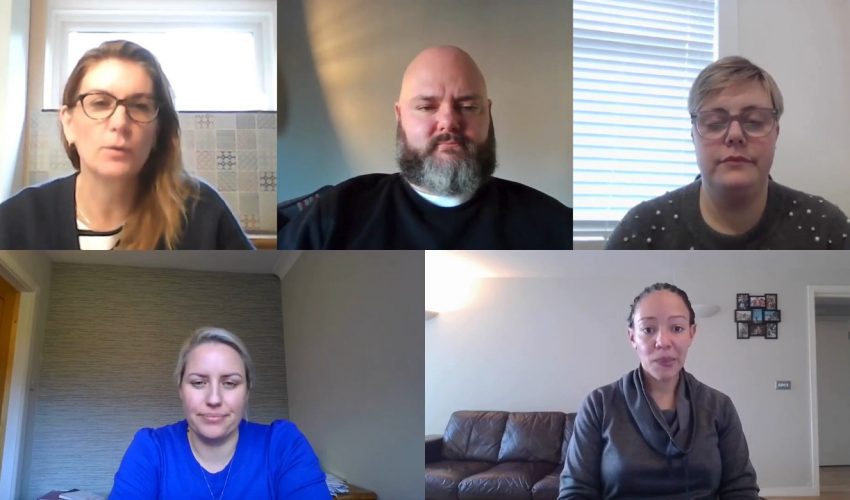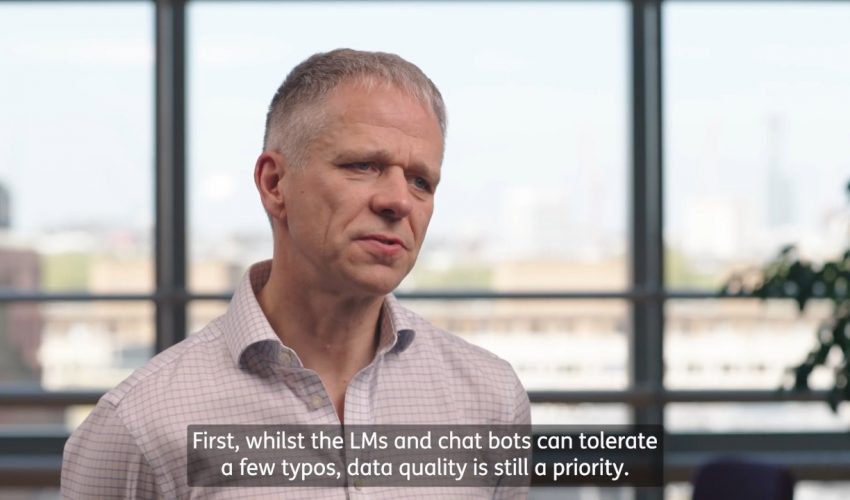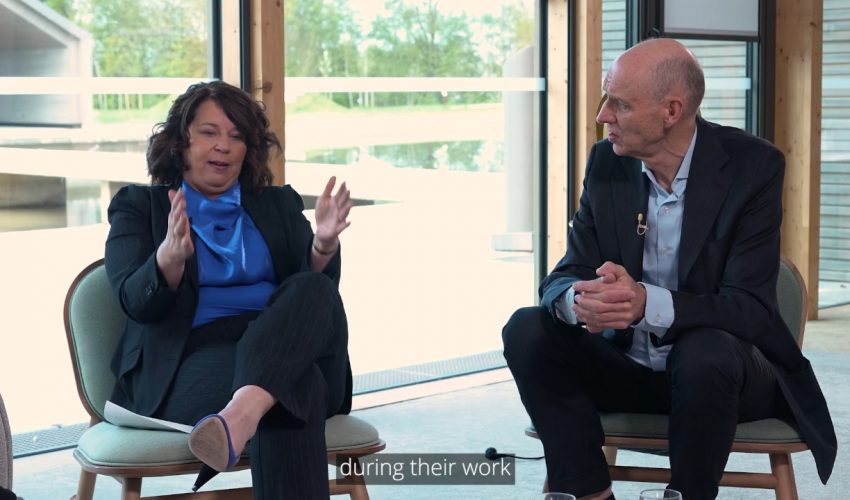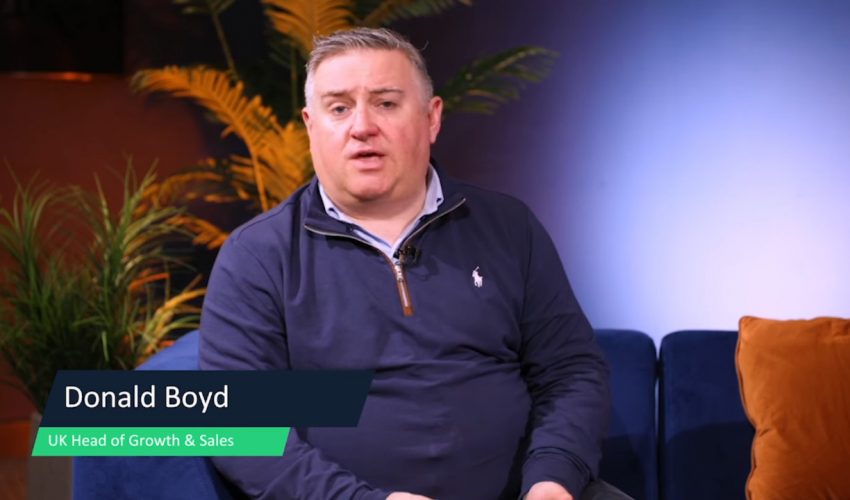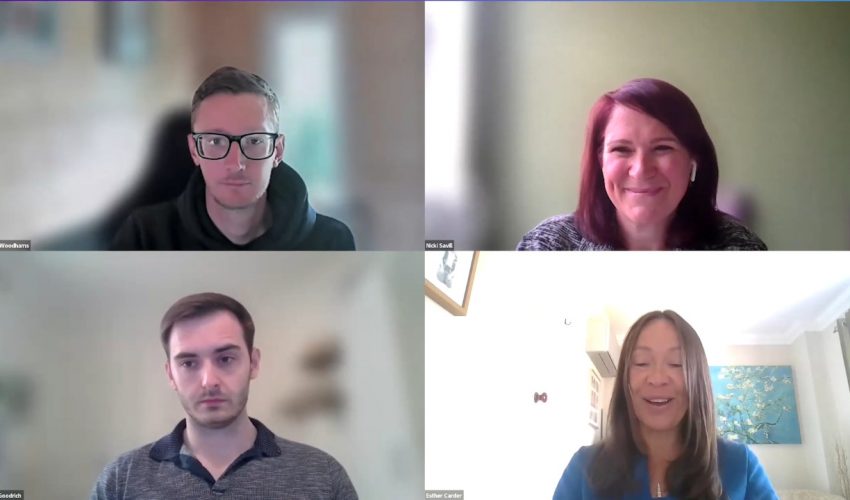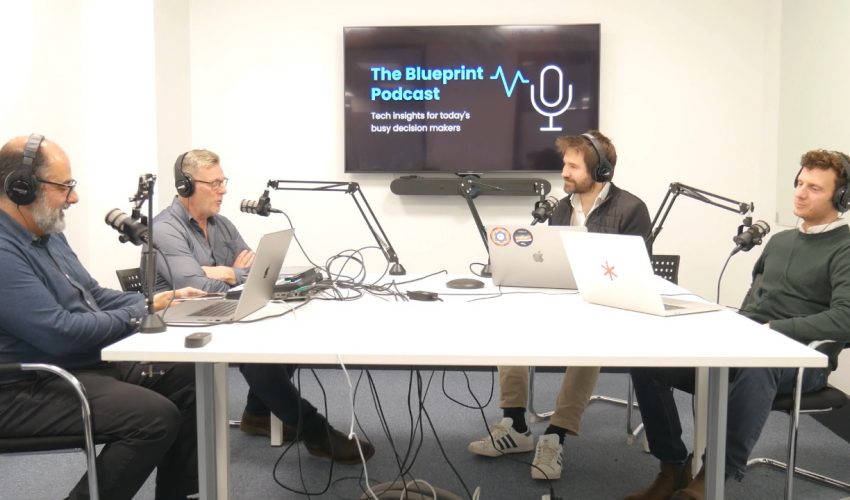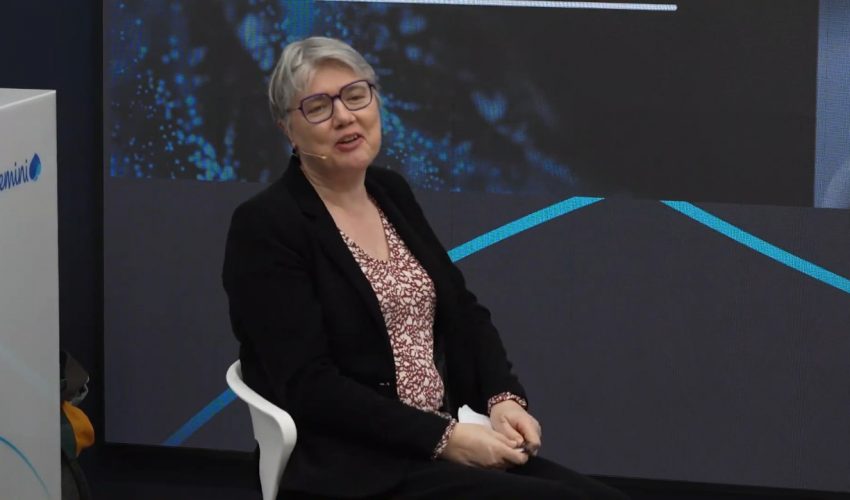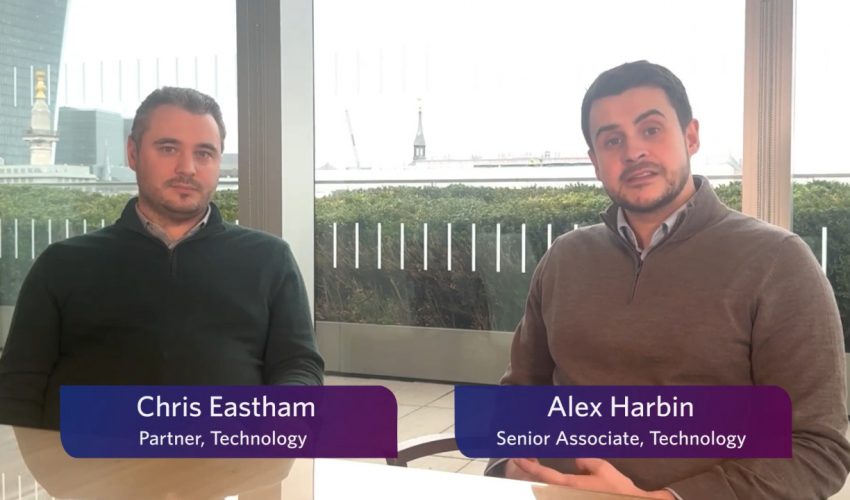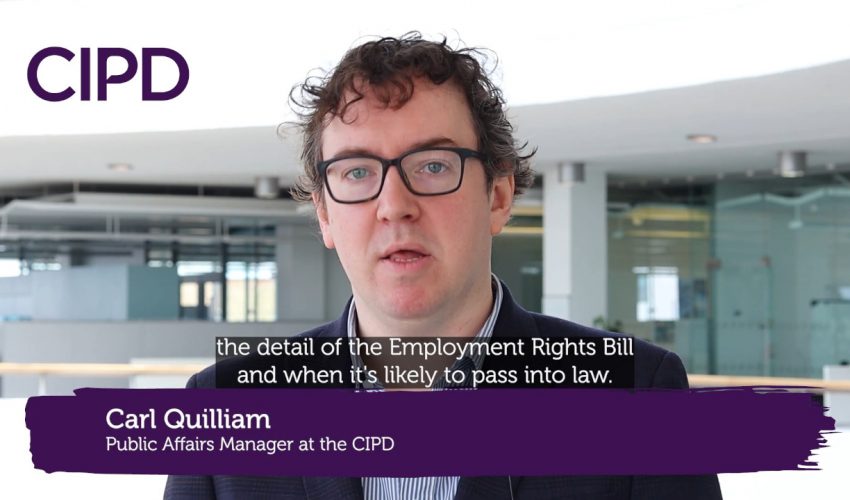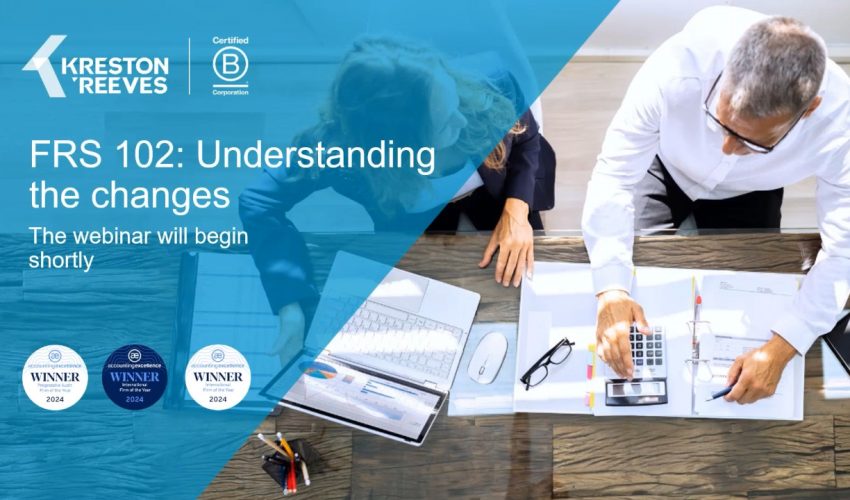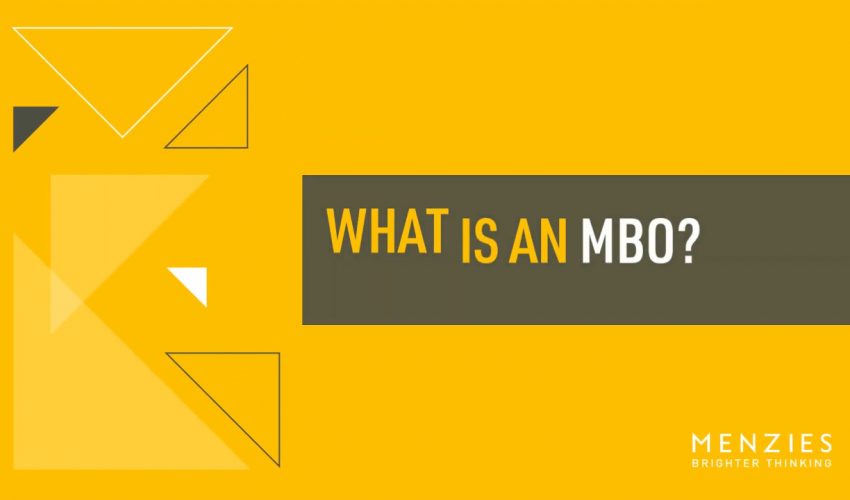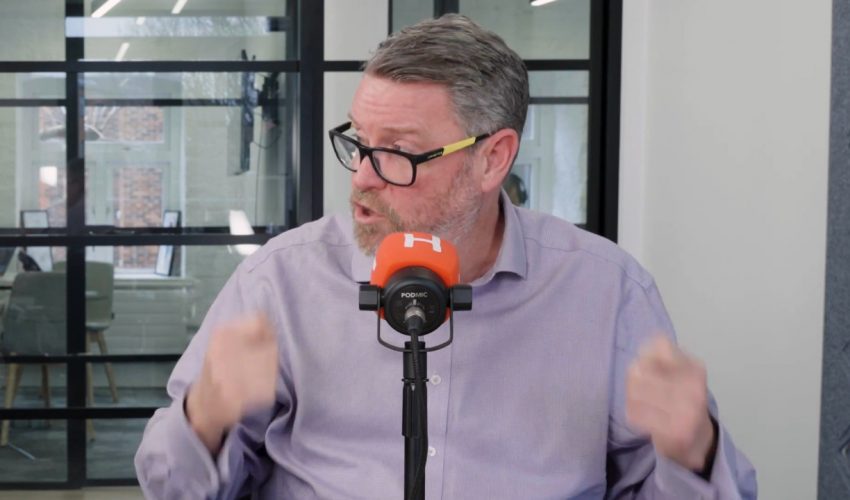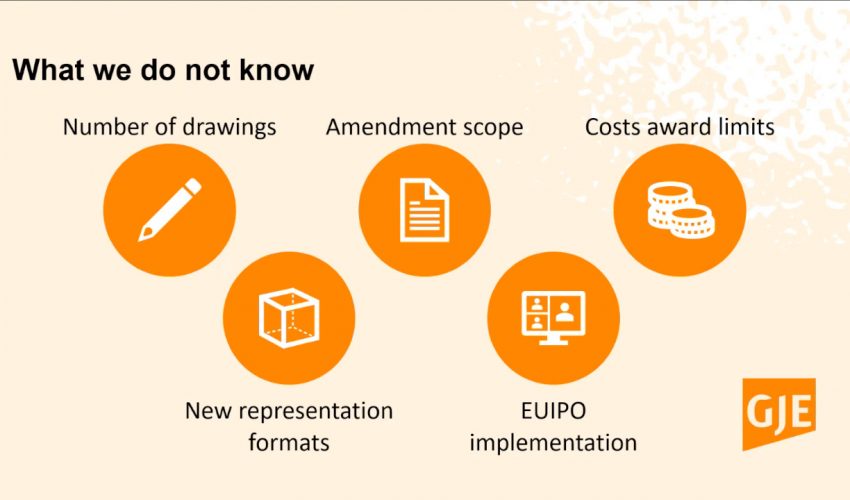In this Interview Marc Harris chats with Andrew Cartwright from Quilter Cheviot about investing in Short Dated Government Bonds (Gilts) as a way of locking in strong returns that will likely outperform cash deposits in the short term. Andrew explains how these type of Bonds pay out and that a key component of their appeal is that their redemption value is free from Capital Gains Tax (CGT). Whether you’re thinking in terms of your own private money, your company’s funds, or from the perspective of an adviser with a client in either position, this interview provides a helpful introduction to these reliable investments and Andrew answers many questions you’re likely to have.
Use the Chapter links below to travel to specific places in the conversation
Introduction. Short dated Government Bonds and my guest Andrew Cartwright of Quilter Cheviot
Ch 1. Short dated Government Bonds vs other types of Bonds
Ch 2. Principal elements to consider when investing
Ch 3. Payouts and Taxation
Ch 4. Benefits over Cash on Deposit
Ch 5. Why Government Bonds are low risk
Ch 6. Quilter Cheviot’s experience and investmtent record
Ch 7. Diversification and managing investment risk
Ch 8. Bonds are highly liquid and can be sold quickly if needed
Ch 9. Tailored investment strategy and getting to know the client
Short Dated Government Bonds :
An attractive alternative to Cash Deposits
In this Interview Marc Harris chats with Andrew Cartwright from Quilter Cheviot about investing in Short Dated Government Bonds (Gilts) as a way of locking in strong returns that will likely outperform cash deposits in the short term. Andrew explains how these type of Bonds pay out and that a key component of their appeal is that their redemption value is free from Capital Gains Tax (CGT). Whether you’re thinking in terms of your own private money, your company’s funds, or from the perspective of an adviser with a client in either position, this interview provides a helpful introduction to these reliable investments and Andrew answers many questions you’re likely to have.
** The text within this document has been auto-generated from the original recording and therefore may contain small inaccuracies.
Marc Harris:
Hello, Mark Harris, you’re watching Business TV. Thanks so much for joining us again. Government bonds, or specifically short -dated government bonds, are a hot topic right now because they can deliver better returns than simply having your money on cash deposit. It is a nuanced subject, however, so I’m delighted to be joined today by Andrew Cartwright at Quilter Cheviot Investment Management to talk us through their ins and outs and give us some insight into the elements that he and his team need to interpret in order to make sure that these vehicles are performing optimally for their clients. Quilter /Cheviot is one of the UK’s largest and perhaps oldest investment management firms. They have some £25 billion worth of assets under management and are trusted by over 36 ,000 investing clients. Andrew is a chartered fellow at the Chartered Institute of Securities and Investments. He’s spent over 20 years working in investment management, holding positions at Brewin Dolphin and Barclays Wealth prior to joining Quilter Cheviot. And he focuses most of his time working with individuals, families, intermediaries, pension schemes, and business owners just like you. So we’re very lucky to have him with us today. Andrew, thank you very much for joining us on Business TV. Nice to see you.
Andrew Cartwright:
Thanks, Mark. You’re very welcome.
Marc Harris:
Thanks. Pleasure to allow us. Andrew, we’re going to be talking about short -dated government bonds. What exactly are these and how do they differ from other types of bonds?
Andrew Cartwright:
Yes, so Mark, the term bond is fairly generic and it can mean different things in different parts of financial markets. And people may well have heard of premium bonds and also investment bond products that are sold by life insurance companies. As investment managers, the bonds that we invest in are tradeable debt securities and are also often referred to as fixed income or fixed interest investments. And in the UK, the most well -known bonds are gilts. And quite simply, this involves lending money to the UK government in return for a regular interest payment payment and expectation that the loan will be repaid upon maturity. There are many different gilts in issue at any point at a time, and these vary by maturity date. And what we refer to as short -dated gilts typically will have a maturity date of less than five years.
Marc Harris:
And just for clarity benefit, the uninitiated, a gilt is just another word for a UK government bond. The UK government bond and gilts are therefore terms that are interchangeable?
Andrew Cartwright:
They are. So gilts are specifically issued by the UK government. They date back a few centuries when the paper that they were issued on was edged with gold or gilt hence the term. But it also covers corporate debts. So companies also borrow money. So bonds covers a wide range of debts, whether it’s the UK government or corporates.
Marc Harris:
Interesting fact there about the bonds actually being issued on gilts, gilts, edged papers, obviously, I suppose, but not something that I had considered. So thanks for that. Why are these bonds at the moment, Andrew, such a hot topic right now, when they weren’t, for example, perhaps only a year ago? What’s changed?
Andrew Cartwright:
Yep. So the overall turn from bonds as with cash savings is directly linked to interest rates. At the end of 2021, UK rates were just 0 .1%. And there are returns from gilts and other bonds reflected that. That wasn’t particularly attractive compared to returns that we were getting from the other assets that we invest in, such as equities, although they do have very different risk return profiles. But over the course of 2022, and this year, interest rates have risen steadily to 5 .25%. Really, our central banks have tried to get inflation under control. And as a result, and really for the first time since the financial crisis back in 2008 -2009 bonds are now looking more attractive in both absolute and relative terms.
Marc Harris:
Mention at the beginning that it is a nuanced topic, so it’s not simply a question of an individual being able to look at interest rate payments on different options and then sort of just picking up,
making a decision based on whatever the larger of those figures might be, it is nuanced. So what are all the principal elements that you need to consider when looking at investing in these four clients?
Andrew Cartwright:
Yeah, so the bond and credit markets are huge, they are the largest capital markets across the globe and far larger than equity markets. So we’ve literally got thousands of bond issuers and issuers and there are so very many different economic and fundamental factors to consider, but some of the key ones include risk and assessing how likely you are as an investor that you’re going to receive your interest payment and the capital point of maturity. So the risk involved in lending to the UK government is clearly very different to lending to sort of an early stage loss making company. So the additional return that you need, it needs to reflect that additional risk if investors are willing to take that on and even within a particular issuer, the risk profile of their bonds can vary very significantly. So there are many different types of bonds with different interest payments and maturity dates so investors need to take into consideration the income requirements and time horizon. Tax considerations are also very important as bond returns are subject to different taxes and allowances and in the case of guilds, some are exempt from capital gains tax and at any particular given time there will be particular parts of the bond market that look more favorable than others. So for example, there were times that corporate bonds offer better value than guilds and currently shorter dated bonds look attractive in the current climate.
Marc Harris:
To talk about the taxation of these bonds then, because that can make a big difference to to their net gains. How does how the bonds pay out affect how they are taxed and the benefits that one can derive from them?
Andrew Cartwright:
Yeah, so the return from a standard bond is made up of two different parts. Firstly, the interest or coupon payment, which is typically paid annually or semi -annually and that is treated as income for tax purposes. Secondly, the repayment of the principal and maturity and that’s treated as capital. And when we combine those two parts, that’s known as a redemption yield and that’s the implied annual yield of the bond if it was held to maturity.
Marc Harris:
Who are, well, a couple of questions, I suppose, I’ll ask you at the same time, who are these sort of bonds most likely to appeal to and benefit? And also, as interest rates are high right now, why would somebody not just think to themselves, well, all this sounds quite complicated, I’ll just keep my money on cash deposit and enjoy the interest that that accrues?
Andrew Cartwright:
It’s a very good question. So, we’d always recommend that clients have a cash reserve and held an account with a decent rate of interest. And as part of a well -diversified portfolio, most investment strategies will have a degree of exposure to bonds, so cash savings and bonds already have an important role to play. But given the significant rise in interest rates, Quote Achievement has recently launched a new short term, short dated bond strategy, which is now our lowest risk strategy. So, I guess the question is, why have we launched this now? When, as you say, saving rates are looking attractive and saving accounts are simple and who will benefit most? Well, short term bonds will suit a variety of clients, including low risk investors who now for the first time in many years can get an attractive investment term without taking on too much risk. For others, it provides an alternative option to cash savings and particularly for surplus cash, and the main beneficiaries are likely to be high and high rate taxpayers. It may also benefit corporates as well as individuals. By investing in low -coupon guilds in particular, the vast majority of the return is going to be capital. I mentioned for guilds that capital return is exempt from capital gains tax, rather than income, which is taxable, unless it’s held in a tax -free wrapper. As an example, one of the guild stat is held in the short -term bond strategy. It’s the MOPPOG25 UK government stock 2025. It pays a low coupon, so there’s not much tax to pay on the interest. It currently trades around 94 pence and is due to redeem around 100 pence at the end of January 2025. So the redemption yield is just below 5 % of which the vast majority will be tax -free. In contrast, the interest paid on a cash savings account is subject to income tax. And whilst there are attractive rates available, the equivalent yield that will be required from a savings account to generate the similar return would need to be in the region of 8 % to 9 % for those high -rate taxpayers. It’s also worth bearing in mind that interest rates could well fall back sharply as and when inflation subsides, and the Bank of England currently expects inflation to fall back to its target rate of 2 % by early 2025. So therefore, high interest rates could therefore be fairly short -lived, and bonds provide an opportunity to lock in for longer and with the potential for capital appreciation as and when interest rates fall, and bond prices rise. And it’s also a risk element worth considering. So in a cash savings account, there is a degree of protection, but it’s only up to 85 ,000, whereas as we talked about, about is backed by government at a lower risk. So the takeaway or what I’m taking away from what you’ve just said there is this issue of the taxation.
Marc Harris:
So being taxed on the interest that you generate out of a deposit account is of course one thing, but not being subject to capital gains tax on the on the value of bond. This can make make up for a huge difference and just that figure of gain that you mentioned that a cash deposit account would be having to yield something that did you say it’s up to sort of 7 % interest to deliver the same returns?
Andrew Cartwright:
It’s slightly higher than that, up to 89 % and perhaps depending of your your high or higher rate of taxpayer.
Marc Harris:
So that really is one of the the key elements of this. Another thing that you mentioned that you were just you touched upon there was risk and I think for many investors all but the most sophisticated risk is obviously a key element here. Government bonds people will be familiar with because probably historically they have they’ve always been associated with being a very very low risk investment. Is it as simple as that?
Andrew Cartwright:
So the concept of guilt is very simple. You’re lending money to the UK government on a basis that you get the interest coupon and the principal back was sort of mentioned that already and there’s a very high probability that the UK government will meet those obligations and indeed it has never been defaulted on a guilt issue. So if you invest in a bond when it was issued at 100 pence then you could reasonably expect a very reasonable expect to get you what you invested. Bonds however do trade on a daily basis and prices will fluctuate between now and maturity. So it is possible to buy a bond that’s over 100 pence or even below 100 pence but you’re still due to get 100 pence back when it matures and I say in terms of the UK investors that’s really sort of a safe investment as it gets.
But you need to say that there are always some risk involved and one of the main risks for both cash and bonds is inflation and as we know it’s very high at the moment and that does erode real returns albeit we are expecting sort of inflation to continue to fall over the next few years.
Marc Harris:
Andrew as these can be very attractive in uncertain times which is of course you know where we’re at now by everybody’s consensus what happens if financial markets suddenly become more certain and more stable does that change things does that alter strategies?
Andrew Cartwright:
So I guess during uncertain times investors will often seek low risk safe havens and guilt certainly fits that bill in terms of the surety of receiving a coupon and a capital capital repayment and I guess what is currently appealing about the nature of short -term bonds is the closer that they get to the redemption date the more insulated they are from volatility and that’s what’s known as the pool to redemption and I often liken the effect of interest rate movements on bond markets as a bullwhip effect. The impact on short -edited bonds close to handle is fairly limited but it’s significantly amplified further out with longer dated issues. So what happens if markets become more stable? Well I think first of all we need to consider what would make financial markets more stable and in the current environment I think that would be for inflation to fall and in turn that would mean that interest rates could be reduced. The impact of lower interest rates would raise bond prices and lower yields and whilst it does seem interest rates will currently be higher for longer than initially thought any sort of stabilisation would help the bond market generally and it would certainly help longer dated and corporate bonds.
Marc Harris:
As the investment manager Quilter Cheviot you and your team there you’re making all of the investment decisions. Can you encapsulate for us why this is a benefit to your clients and perhaps talk to us a little bit about the difference between what you do and why somebody wouldn’t just go out and maybe use an execution -only broker to buy themselves into these short -dated government bonds, which presumably they can do? Can you talk us through that process a little bit?
Andrew Cartwright:
Yeah, sure. So there are some investors who want to manage their investments and they can do so through an execution -only stockbroker on a transactional basis. What Quilter Cheviot provides is an ongoing advice -led service often in conjunction with financial advisors. And having been recommended a suitable investment strategy as the discretionary fund manager, we then manage the portfolios on an ongoing basis. And on all those investment decisions that we make are in the context of the client’s investment strategy and their particular requirements. So for example, a very, very low -risk client, we would typically focus on high -quality investment -grade bonds. Quilter Cheviot, our investment managers are supported by one of the largest research teams in the industry and their focus is very much on quality. And I think generally I would look to avoid recommending some types of issues such as low -quality retail bonds. And rugby fans may well be aware of the demise of WASPs. They issued debt back in 2015, which paid a six and a half percent coupon. And that was due to redeem in 2022. But when that time came, they were simply unable to repay or restructure that debt and effectively went out of business. So no doubt WASPs would have appealed to some retail investors. Our main focus is always on the fundamentals of the underlying business. And as active managers, we also make ongoing adjustments depending on market conditions. And to provide some examples, so when interest rates were very low and bond runs weren’t particularly attractive, we typically maintained an underway position in bonds relative to the relevant investment strategy. And when conditions became more volatile, we focused on shorter dated bonds. And with bonds, Jerry now looking more attractive, and expectation that we’re getting near the end of that industry cycle, we’ve been adding to the bond exposure and reducing that underway position. So it’s very much about sort of active management.
Marc Harris:
A level of granular market understanding that the average investor is not, is not going, is not probably going to have the time or the inclination or the skills to do. So all of this decision making processes, of course, and this research that you put in at your end is taking place behind the scenes. Your investors are just with you, and you’ve got a strategy that suits their particular goals and objectives, but you and your team are making all that all that happened behind the scenes. Talking about the diversification of portfolios then, not putting all one eggs in one in one basket, as it were, I’m assuming that I’m making an assumption that you wouldn’t recommend to a client that all of their money only goes into government bonds, or maybe that’s not correct, maybe there is enough, there is enough diversity in various different types of government bonds to offer that sort of diversification that one might be looking for?
Andrew Cartwright:
Yes, I mean, diversification is a key part of managing in investment risk. And according to Quilter Cheviot, we manage a wide range of risk based investment strategies, depending on clients particular requirements. And in the first instance, we diversify across a range of asset classes, and that includes bonds, cash equities, including UK, US, Europe, Asia, emerging market equities, and also attentive assets. And each of those individual allocations will be a world, a world diversified to spread the risk. And the different investment strategies vary by the amount that is allocated to those asset classes. And for example, our high risk growth portfolio will have a far greater exposure to equities and a low risk portfolio will have a far higher allocation to bonds and alternative assets. And indeed, our new short term bond strategy invests entirely in bonds. So as mentioned, the bond bond market is very large and there’s certainly sufficient variety of bonds to diversify portfolios and even include international bond exposure. And what we actually often find with that short -dated bond strategy, clients will use it and run it alongside a high -risk return portfolio as part of their overall asset mix.
Marc Harris:
So in general, it’s always a mixed bag, but portfolios will be weighted one in one direction or another depending on the individual client, hence the bespoke nature of the discretionary investment management that you offer there. Something that I know most investors will always be interested to hear the answer to is what happens if, and let’s talk specifically about being invested in short -dated government bonds, what happens if an investor suddenly needs their money on the cash? And they can’t wait until the bond matures, even if that is only 18 months down the road?
Andrew Cartwright:
So sure. So as mentioned, we always recommend clients do have sufficient cash to cover short -term needs, but of course, circumstances change, emergencies come up, and clients may simply need to access their funds very quickly. So the bonds and really all the different types of investments that we invest in are typically traded on a daily basis. That means they are liquid. So the prices will fluctuate and they might not get back what you invested or indeed what you could get more, but they are very liquid and this does have advantages over the likes of our property or even a fixed -term savings account where you might be penalised for withdrawing early. So if you need your money back, you can get it back very quickly.
Marc Harris:
It’s easier with bonds, but as you said, because they’re so liquid. Okay, well, I’m sure that’s a comfort and peace of mind to many potential investors out there. Clearly, and we sort of alluded to this in what we’ve just been speaking about, clearly the getting getting to know the individual client and what their particular goals and objectives are where they are at any given point in their financial journey, what their appetite for risk is, etc. is a key part of the service that you provide. Because you’re then tailoring your investment strategy to meet that client profile.
How do you actually go about understanding what that is? What sort of how do you go about gathering that sort of information from the client?
Andrew Cartwright:
Yeah, so recommending a suitable investment strategy is very much the starting point of any discussion at whether a client deals directly with Qt Achieve it or through a financial advisor.
And that typically involves getting to know the client, understanding what the financial goals and objectives are. Do they need to generate an income? What is the time horizon? And how much risk they can afford to take on? But just as important, how much risk they are willing and comfortable taking on? At the end of the day, they’ve got to be able to sleep at night. And in the first instance, that involves gathering financial information and finding out about other factors such as their experience and knowledge of financial markets. And that helps us, all their financial advisor, recommend a suitable investment strategy. And educating clients is very much part of our role as well.
Marc Harris:
And obviously, as you have just suggested that if they’ve already gotten an incumbent financial advisor, that’s an intermediate that you’re happy to sit down and have that sort of three -way conversation between the end client and their advisor, then you’ll sit down around the table and sort of just work things out between the three of you?
Andrew Cartwright:
Yeah, absolutely. So the role of a financial advisor or planner is slightly different from ours as a investment manager. I was sort of liking it that the financial advisor looks at the
Marc Harris:
What does the what does the sort of ongoing relationship look like? I know that you’ve got offices all around the country I don’t know that sort of a legacy infrastructure whether that’s still necessary these days or maybe it is maybe Clients tend to work with a team at Quilter Cheviot who are you know local to them Can you maybe explain explain to us a little bit how that might look?
Andrew Cartwright:
Yes, so we’ve got a broad network really across the the the UK and also some some offshore branches in Dublin and Dubai and the Channel Islands and Know that that network is is there by by design We typically sort of service local Local clients and one sort of key benefits of a discretionary fund management service Is that we look to build up long -term ongoing relationships with our clients and that often involves their wider families and across different generations as well And for business owners that might include their businesses and pensions So we sort of cover a wide range of client and Through having regular meetings with them and particularly the local we get to know them and understand their particular circumstances and Find out what’s important to them We can build trust and we can then tailor portfolios to suit their particular Climates and of course needs and priorities change over the course of time So regular meetings are a very important and helping us adapt their investments to meet to meet their changing needs.
Marc Harris:
Well, it all sounds fascinating stuff Andrew. So thanks very much for taking us through that I mean, I know it’s a deeply nuanced topic and of course Conversation like this is not designed to to give anybody financial advice But for viewers who do want that sort of level of insight and do want to explore Possibility of these investments further with the likes of Andrew and his team Please check out all the information that we’ve got beneath the video There’s plenty of links there through to Andrew and the various different offices at Quilter Cheviot You can learn more about Quilter Cheviot investment management through those links as well So please do get in touch with them There’s also a form you can fill out or perhaps simply pick up the phone and And have a conversation with them.
So actually thanks very much for joining us on business TV fascinating Fascinating topic. Thanks for giving some insight. I’m sure you’ve led some clarity to the topic that otherwise we wouldn’t have had. So thanks very much for joining us on Business TV. –
Andrew Cartwright:
Thanks, Mark. You’re very welcome.
Marc Harris:
Thank you very much. – Our pleasure. Our pleasure.
Click here to get in touch with Quilter Cheviot using this form

Andrew Cartwright
Investment Manager : Birmingham
As a discretionary investment manager, I help clients on their journey towards achieving their financial goals. I work closely with individuals, families, business owners, trustees, intermediaries, and pension schemes. I enjoy finding out what is important to them and helping them understand, often complex, investment matters in a clear and simple way.
I have over 20 years’ experience in the investment industry. Prior to joining Quilter Cheviot in 2021, I worked at Brewin Dolphin, as an investment manager, and Barclays Wealth where I led the national UK Equities Committee.
I am Chartered Fellow of the Chartered Institute for Securities and Investment. I hold an MBA from Warwick Business School and an honours degree in Economics from Heriot-Watt University, Edinburgh.

Who we are
As one of the largest discretionary investment management firms across the UK, Ireland and Channel Islands, we have managed bespoke investment portfolios for individuals and families for generations. We are focused on helping you invest for a lifetime of opportunities and challenges.
Our wide knowledge, in-depth experience and understanding have led to our success and an investment track record that has historically outperformed benchmarks over the long term.
What we do
No two clients are the same. Whether you are paying school fees, buying property or investing for your retirement, you want to be confident your money is working as hard as it can for you.
That is why when you become a client of Quilter Cheviot you will be assigned an experienced, dedicated Investment Manager who will create and manage your investment portfolio to help you achieve your goals at every stage.
Use the links below to find out more about becoming a client of Quilter Cheviot Investment Management

When a client works with us, it is usually for a long time. Our high quality service
is often trusted by multiple generations of the same family.

Major life events usually revolve around family, so it’s good to be prepared. A bespoke investment portfolio can harness your wealth and provide for your family both now and in the future.

